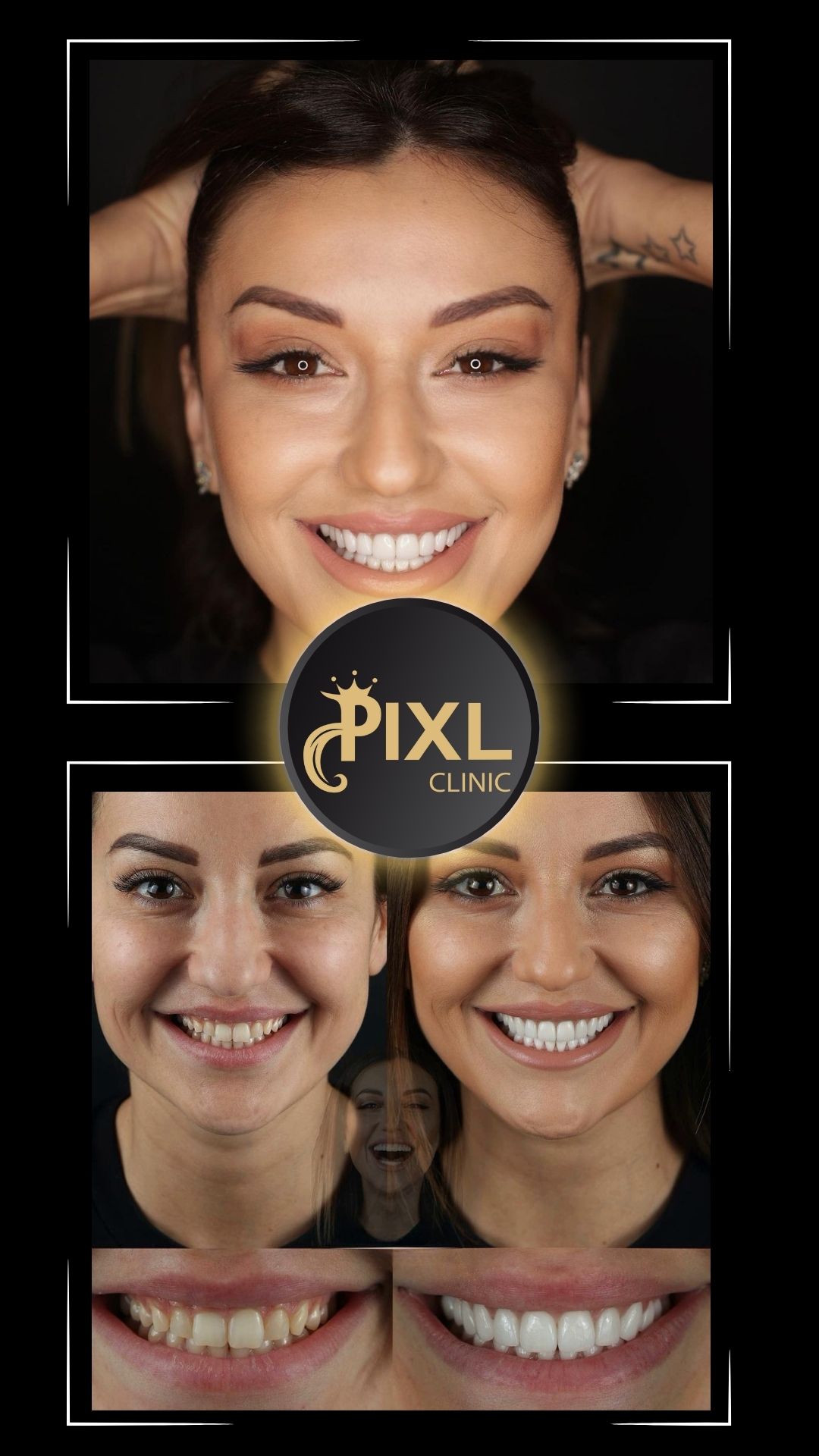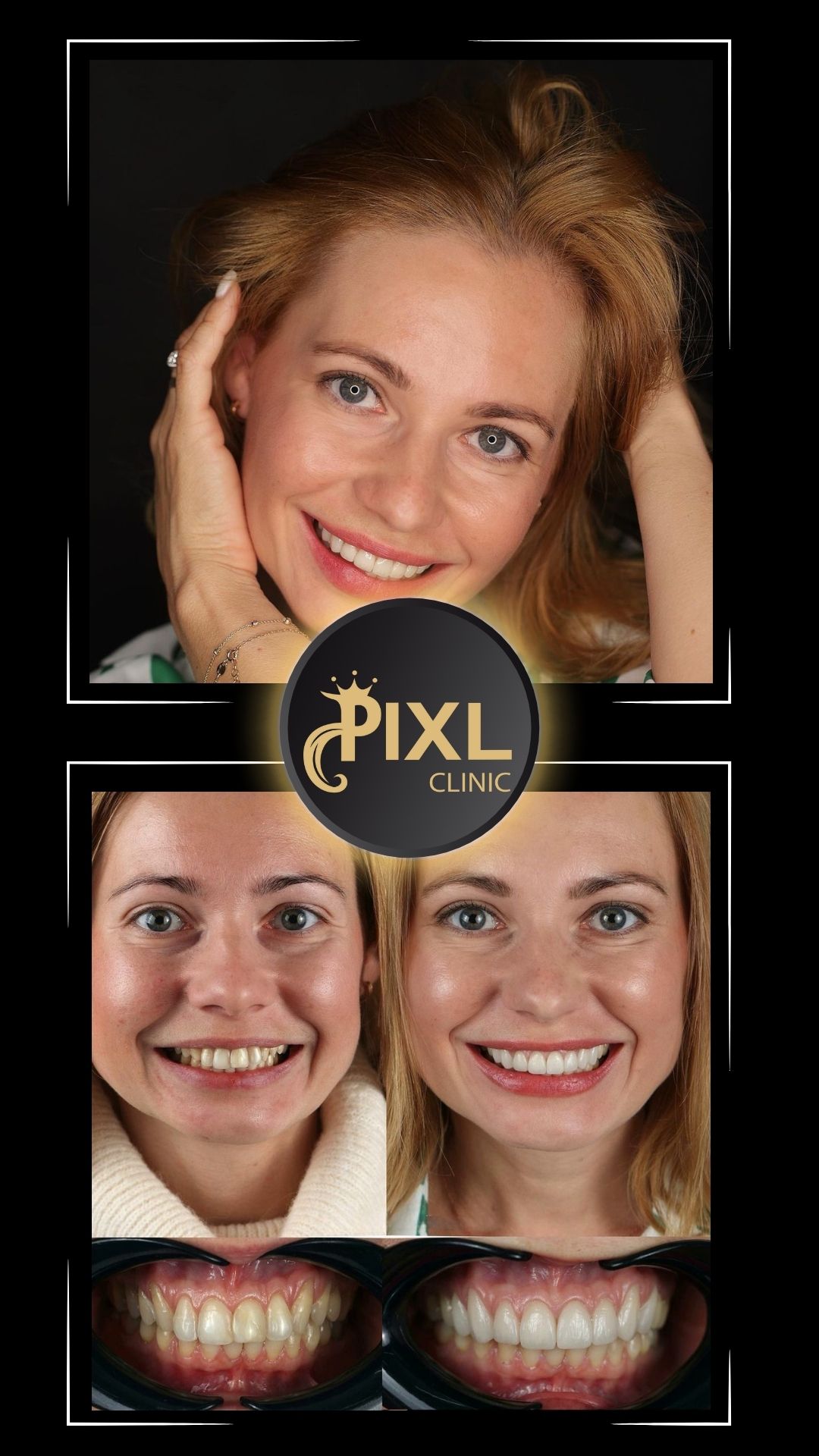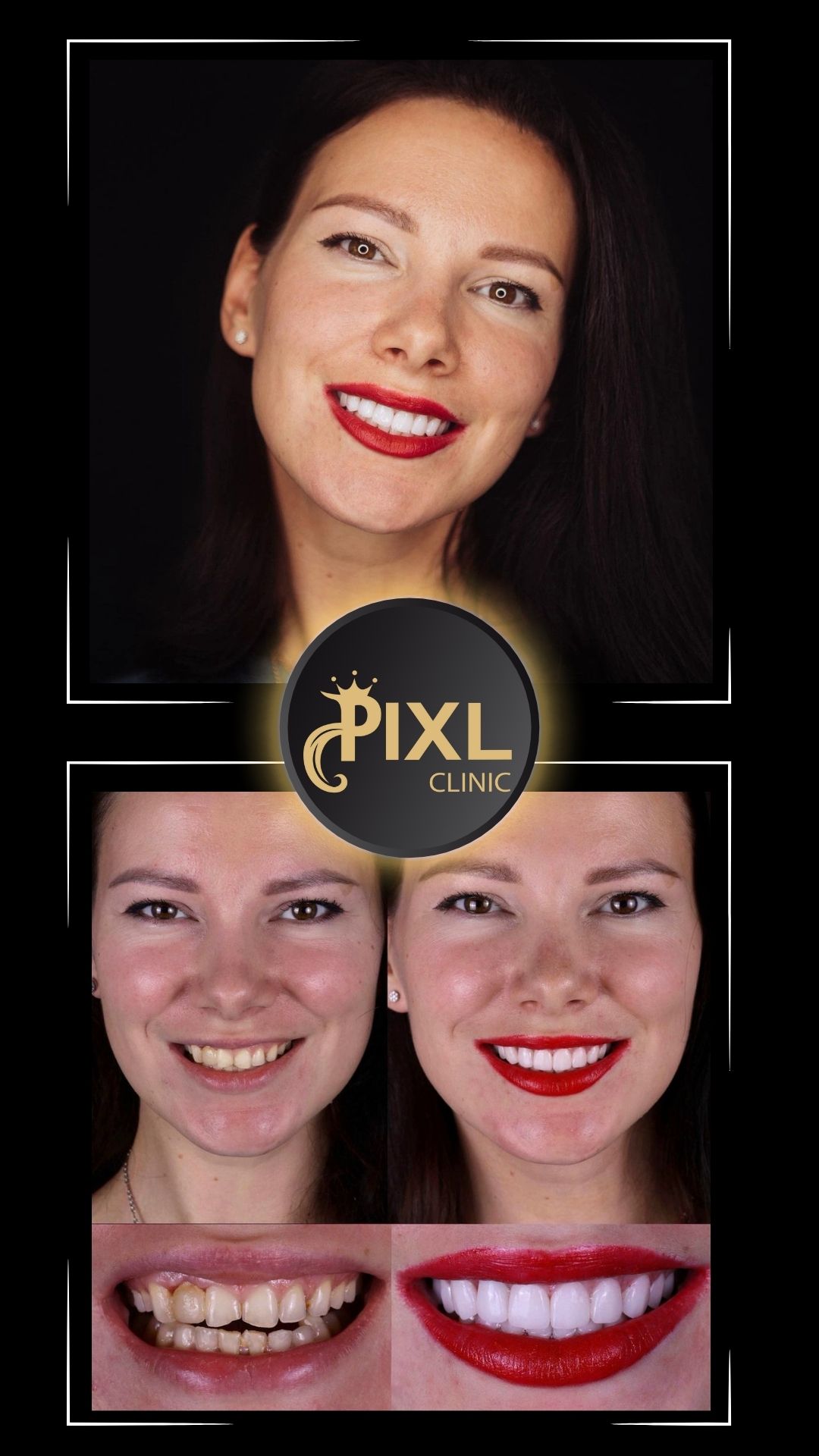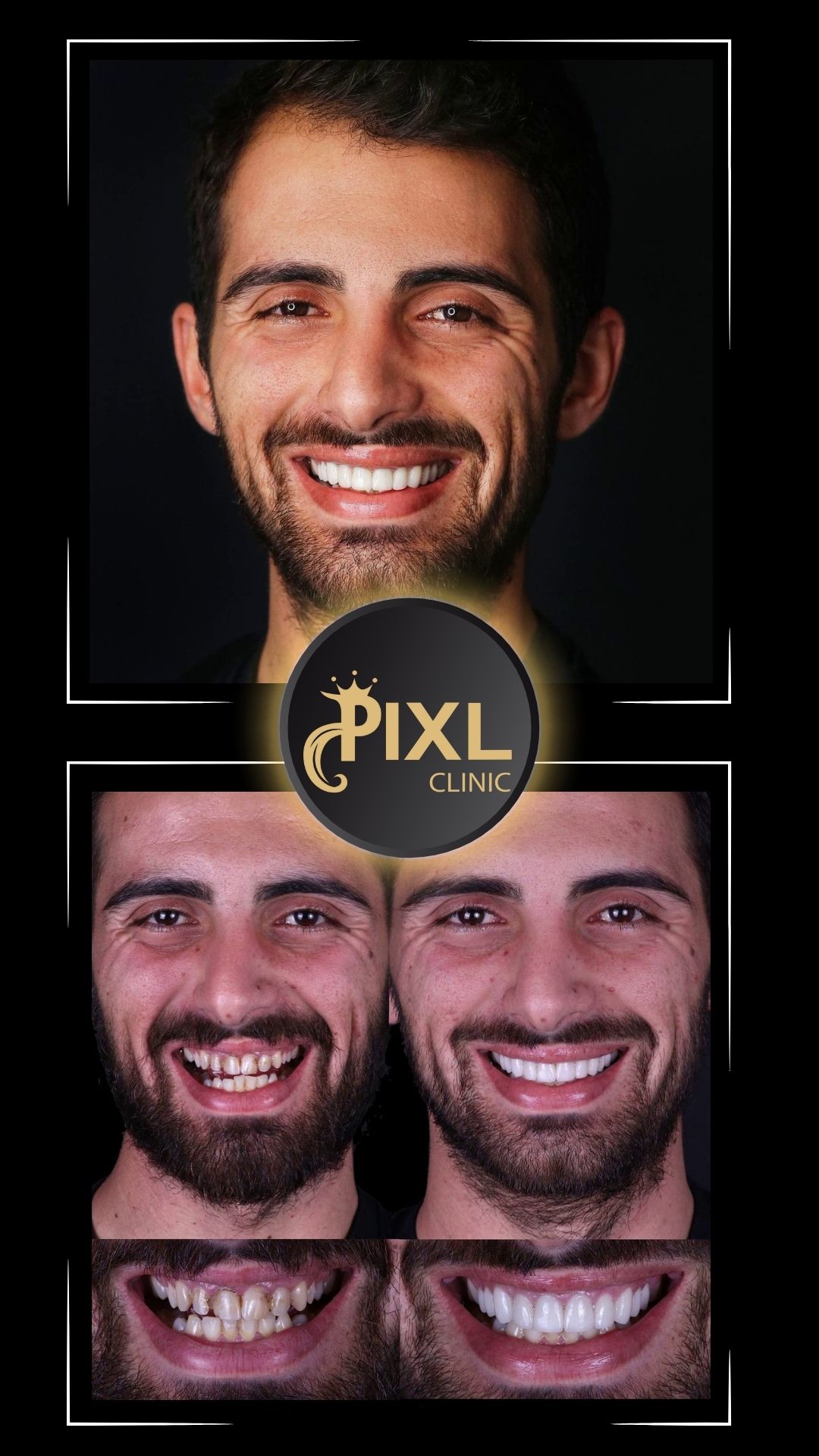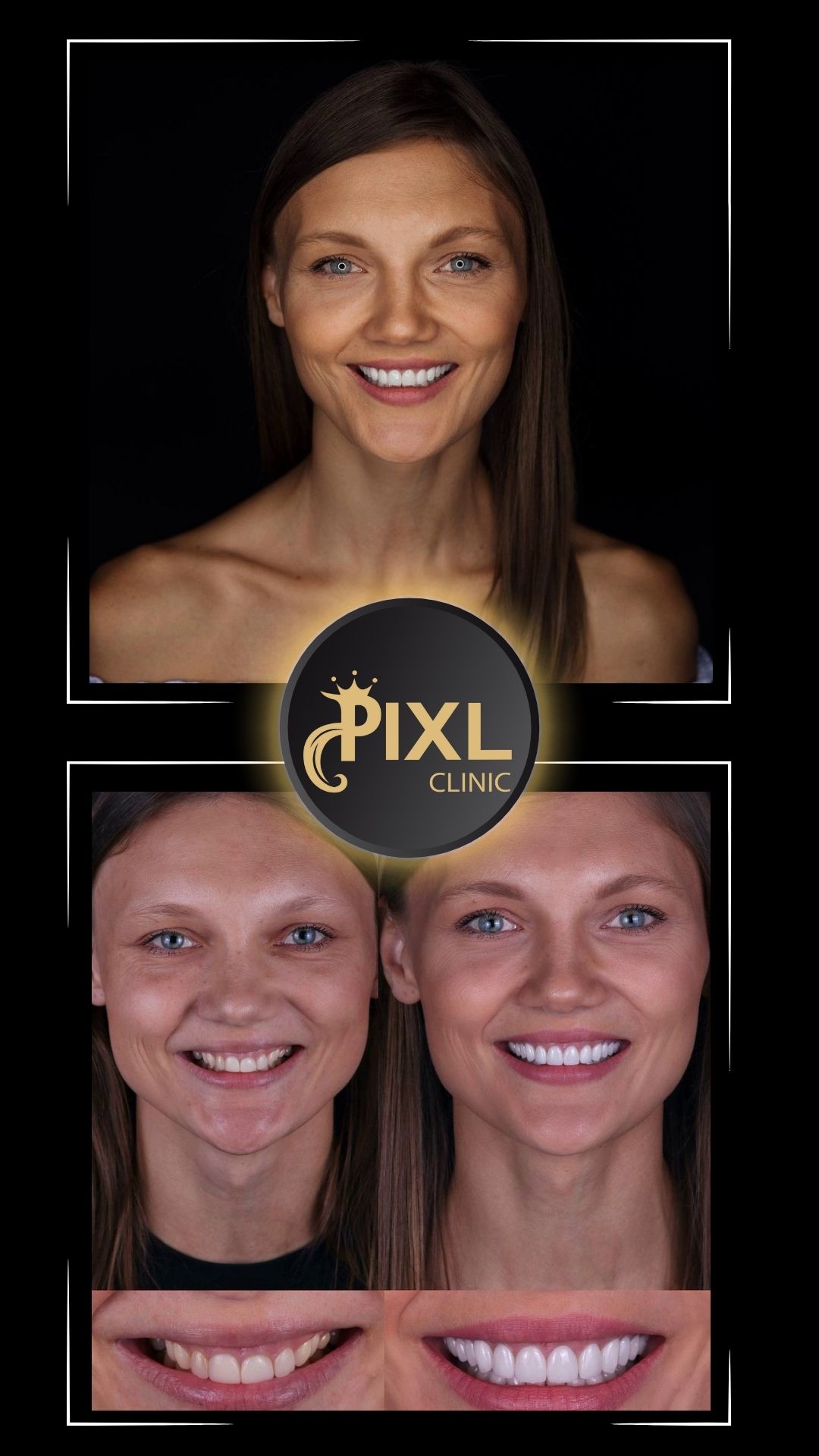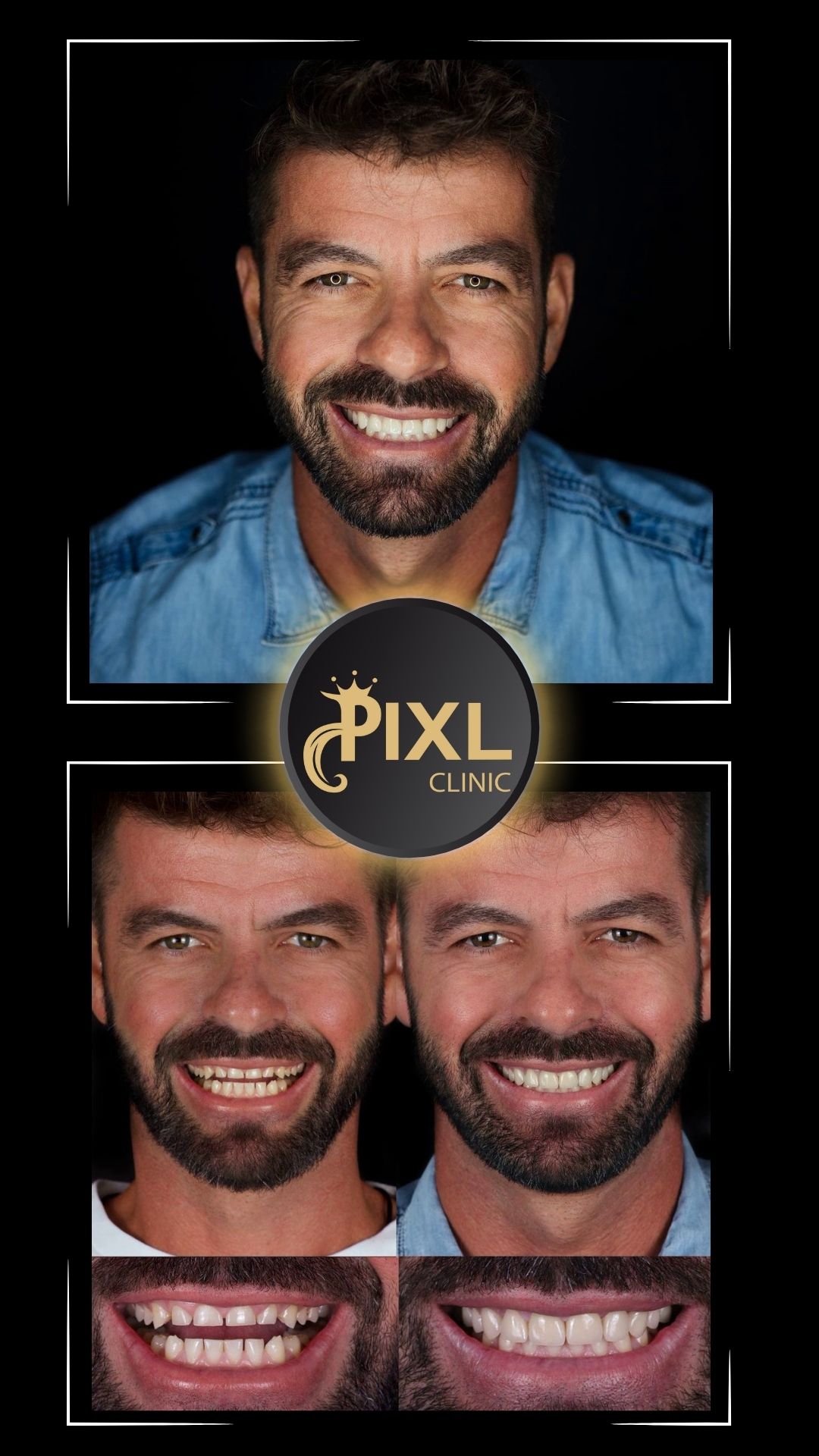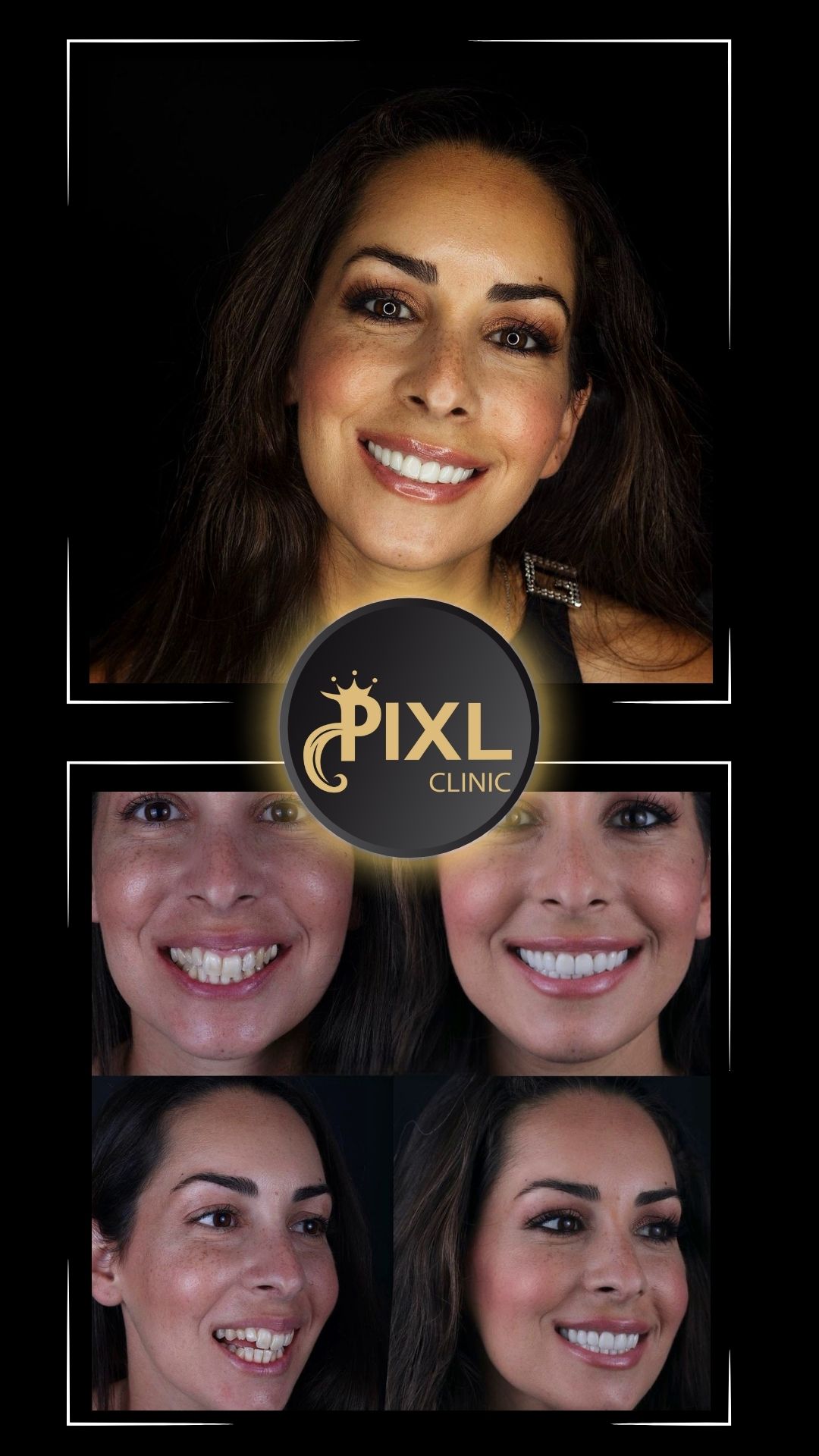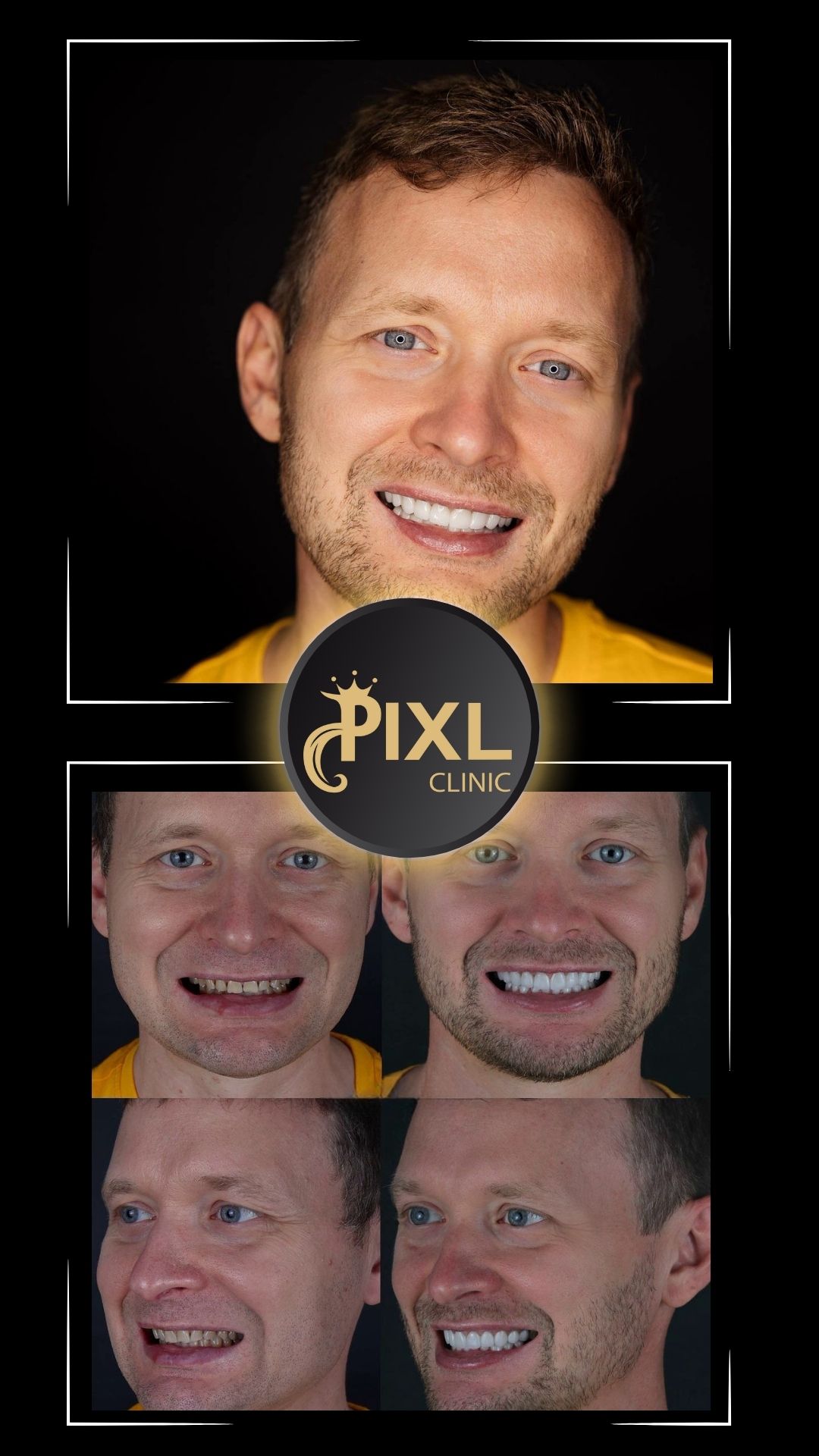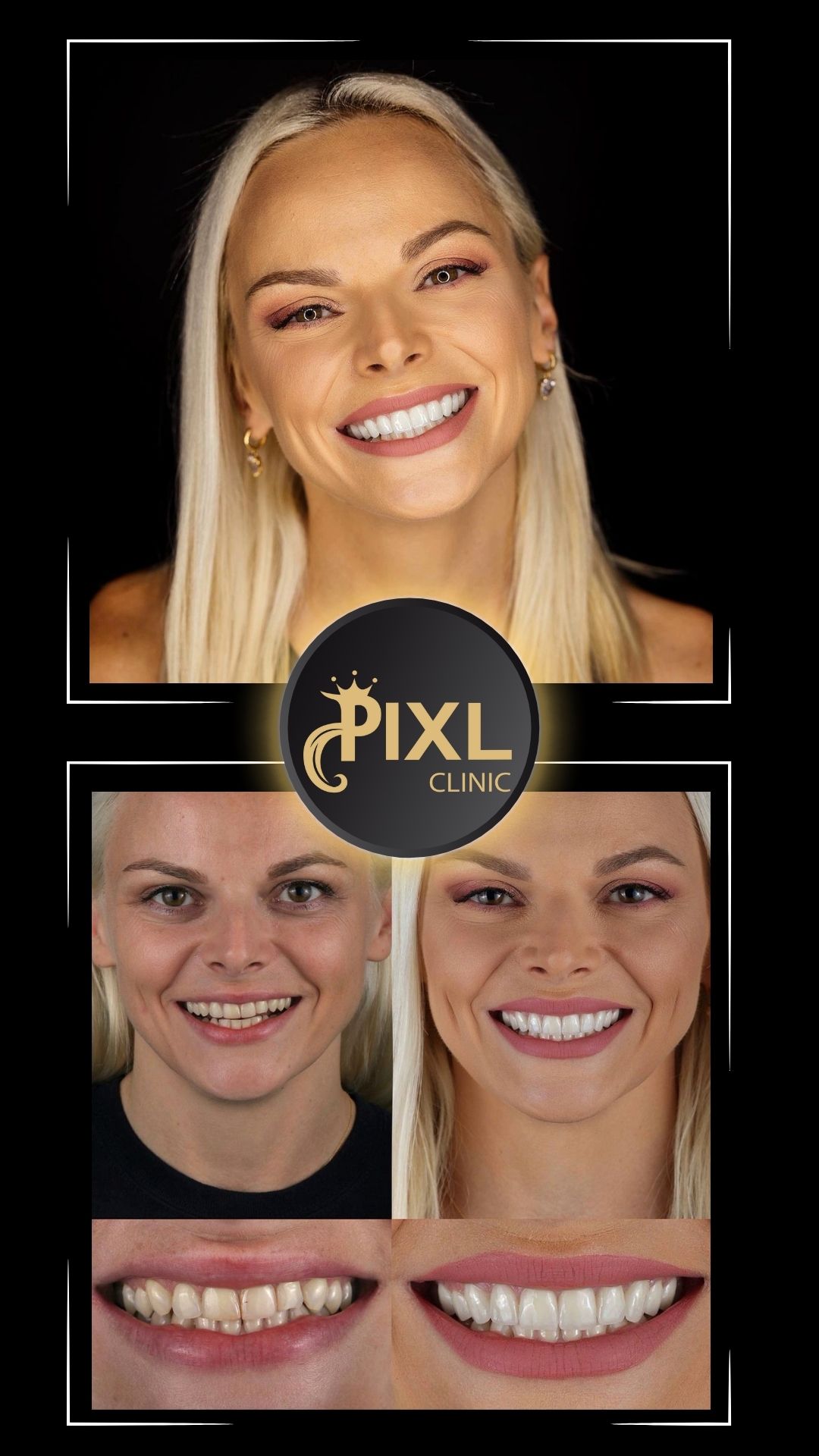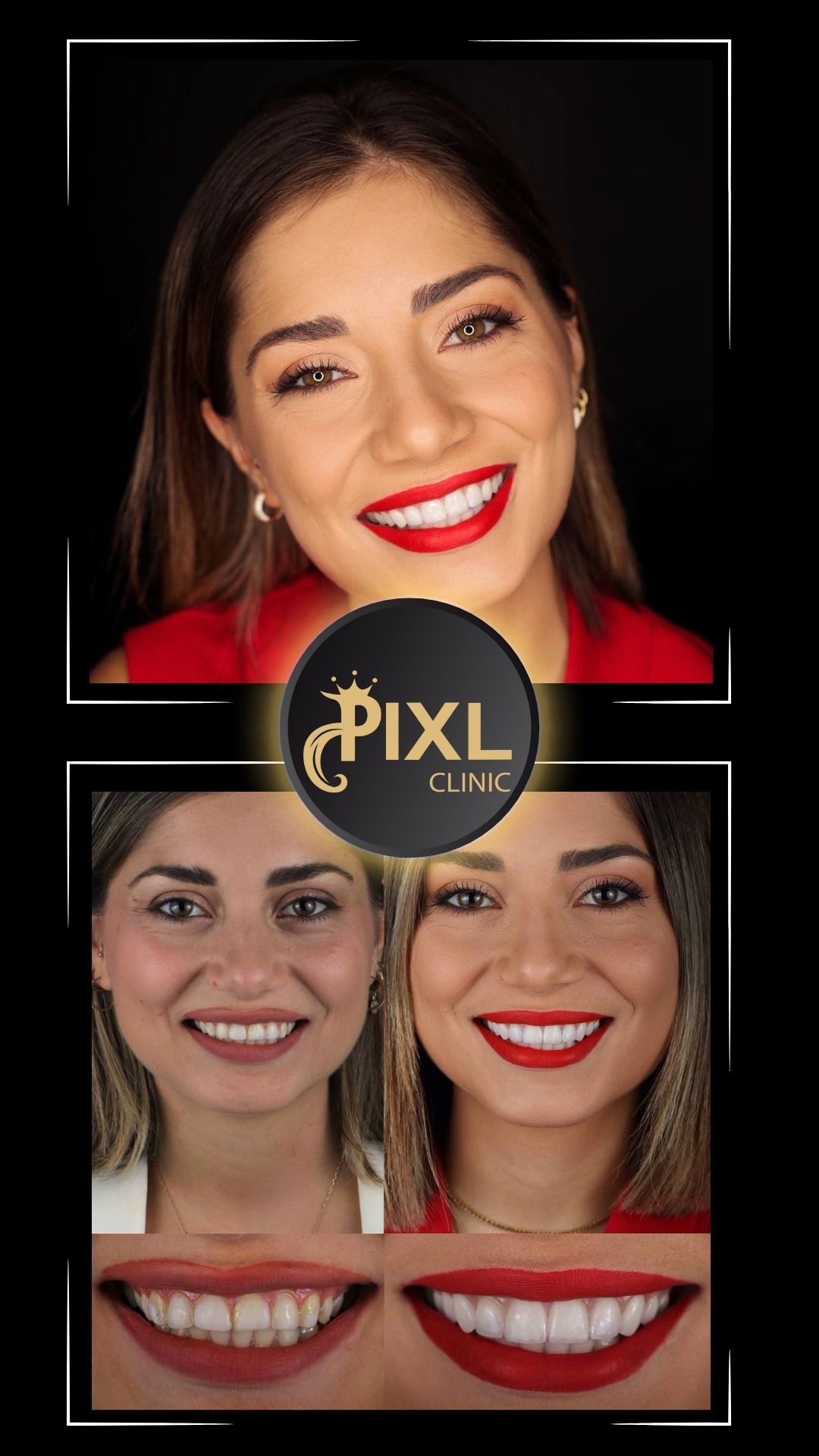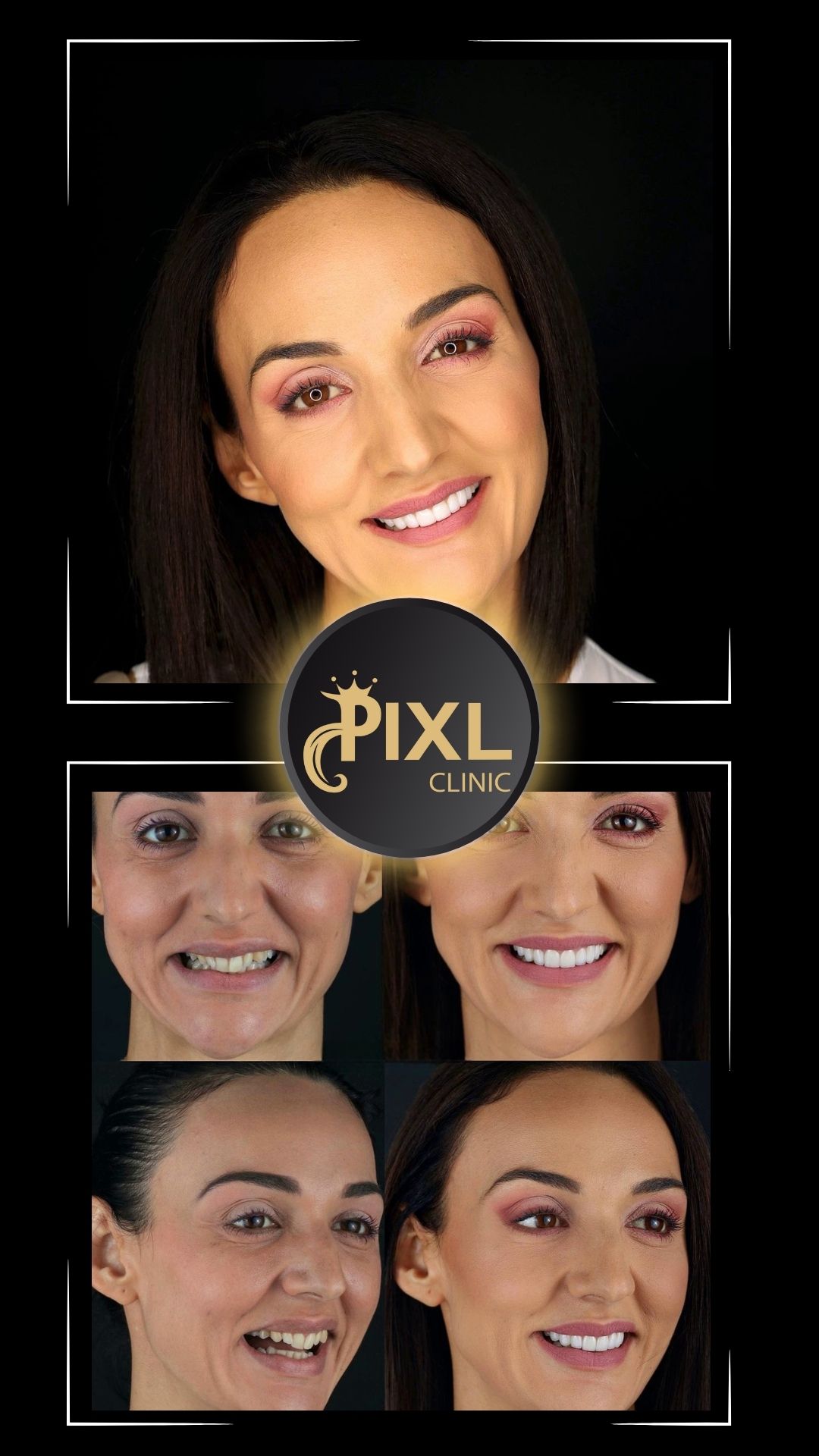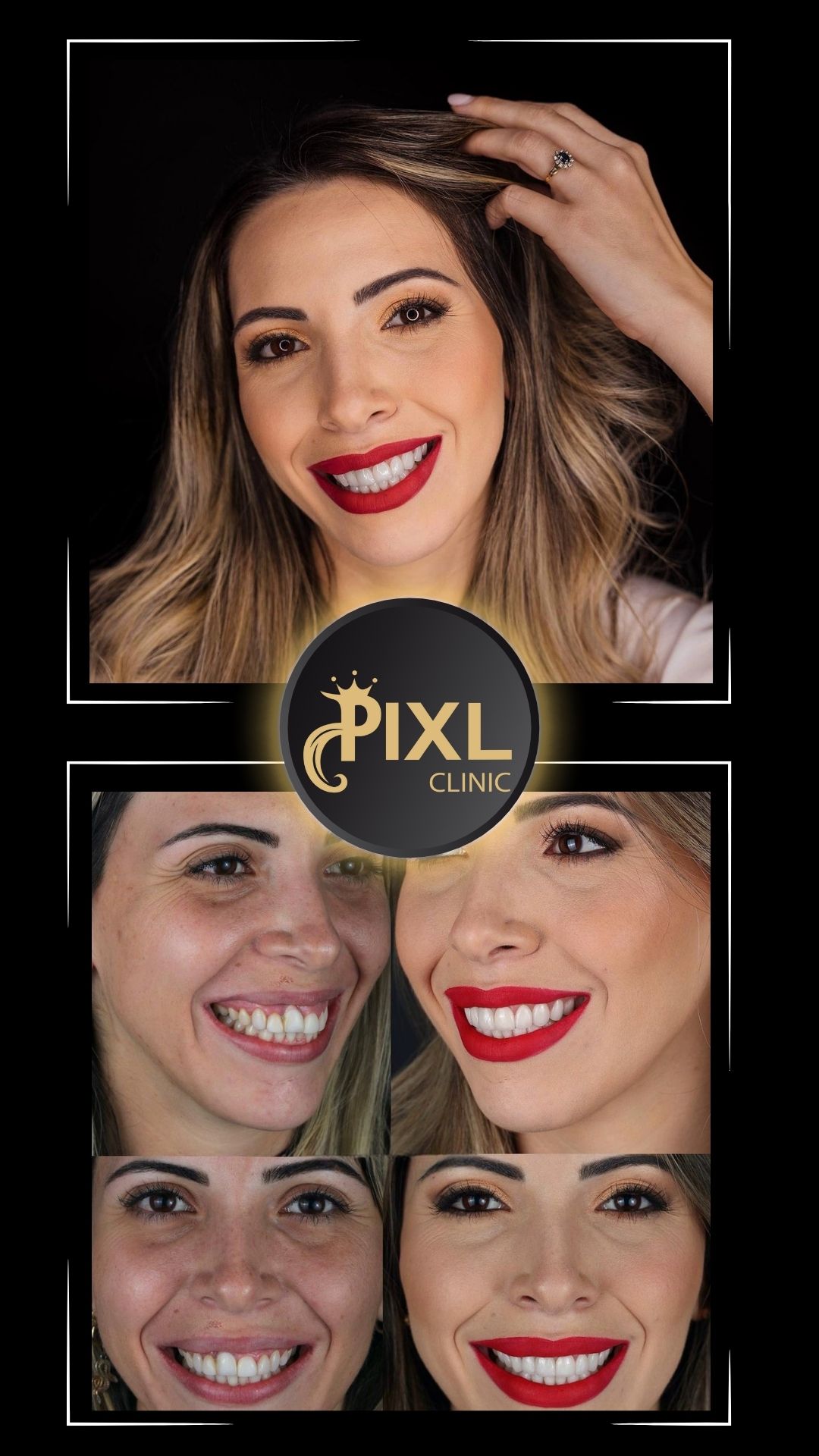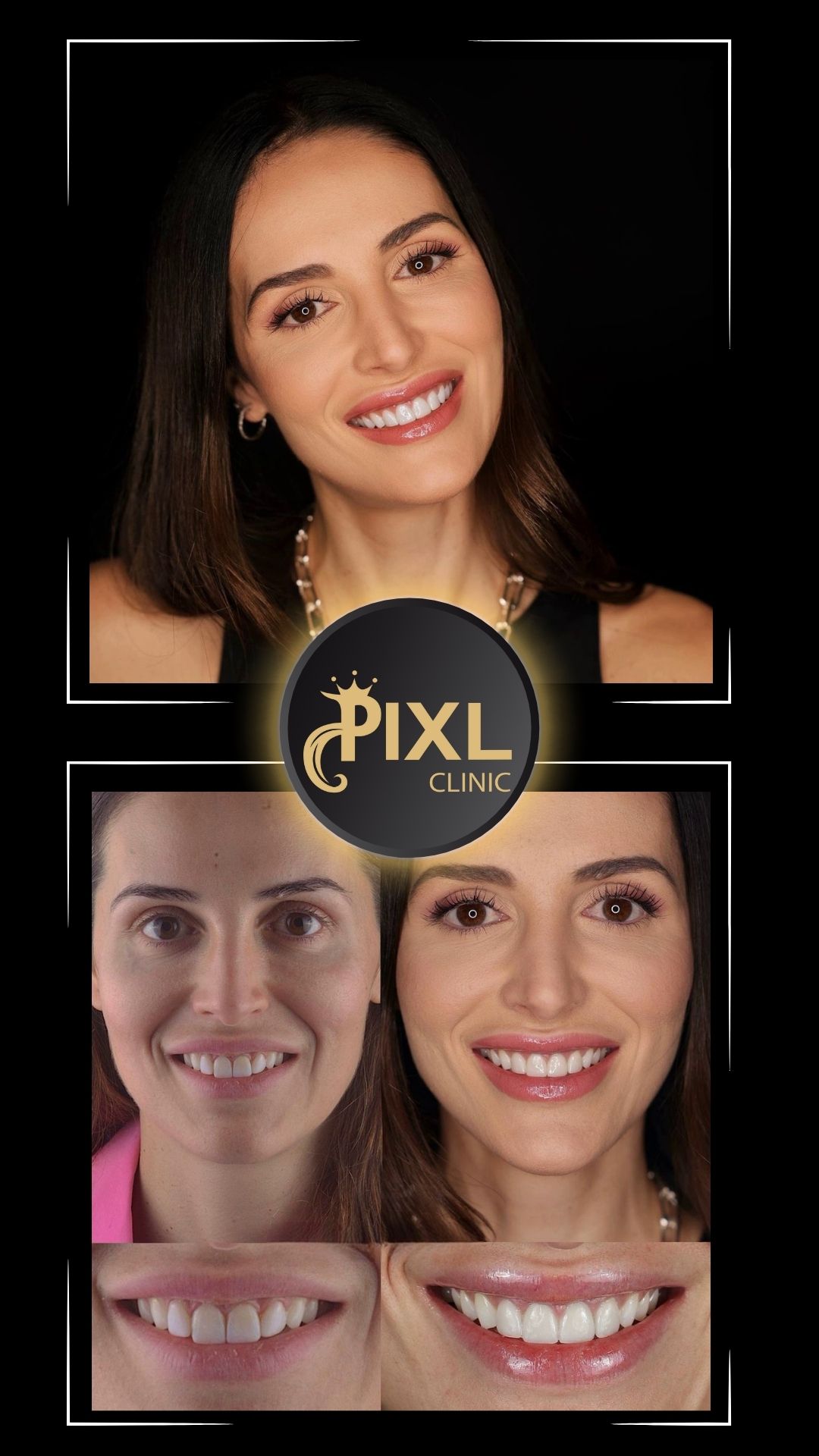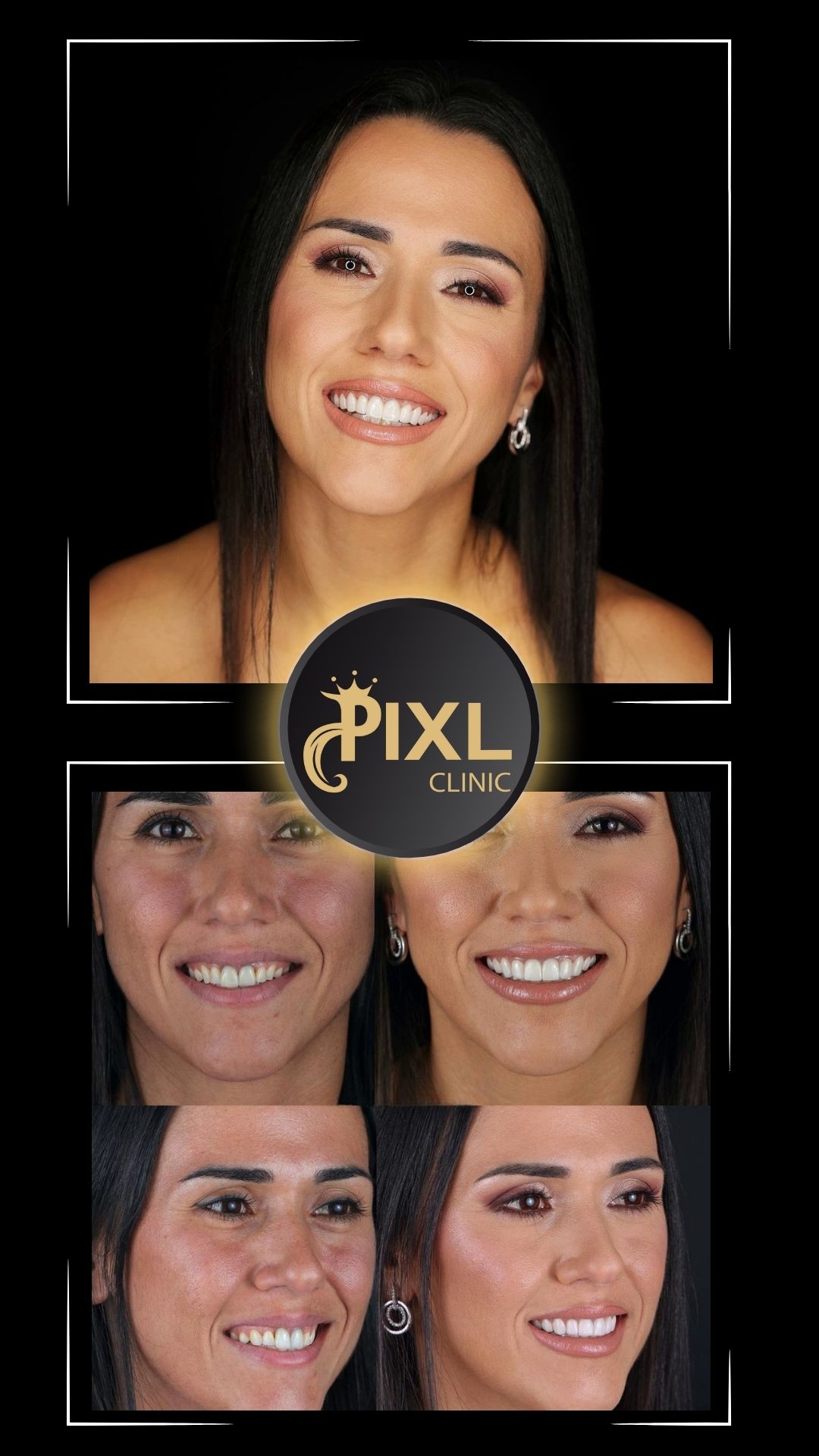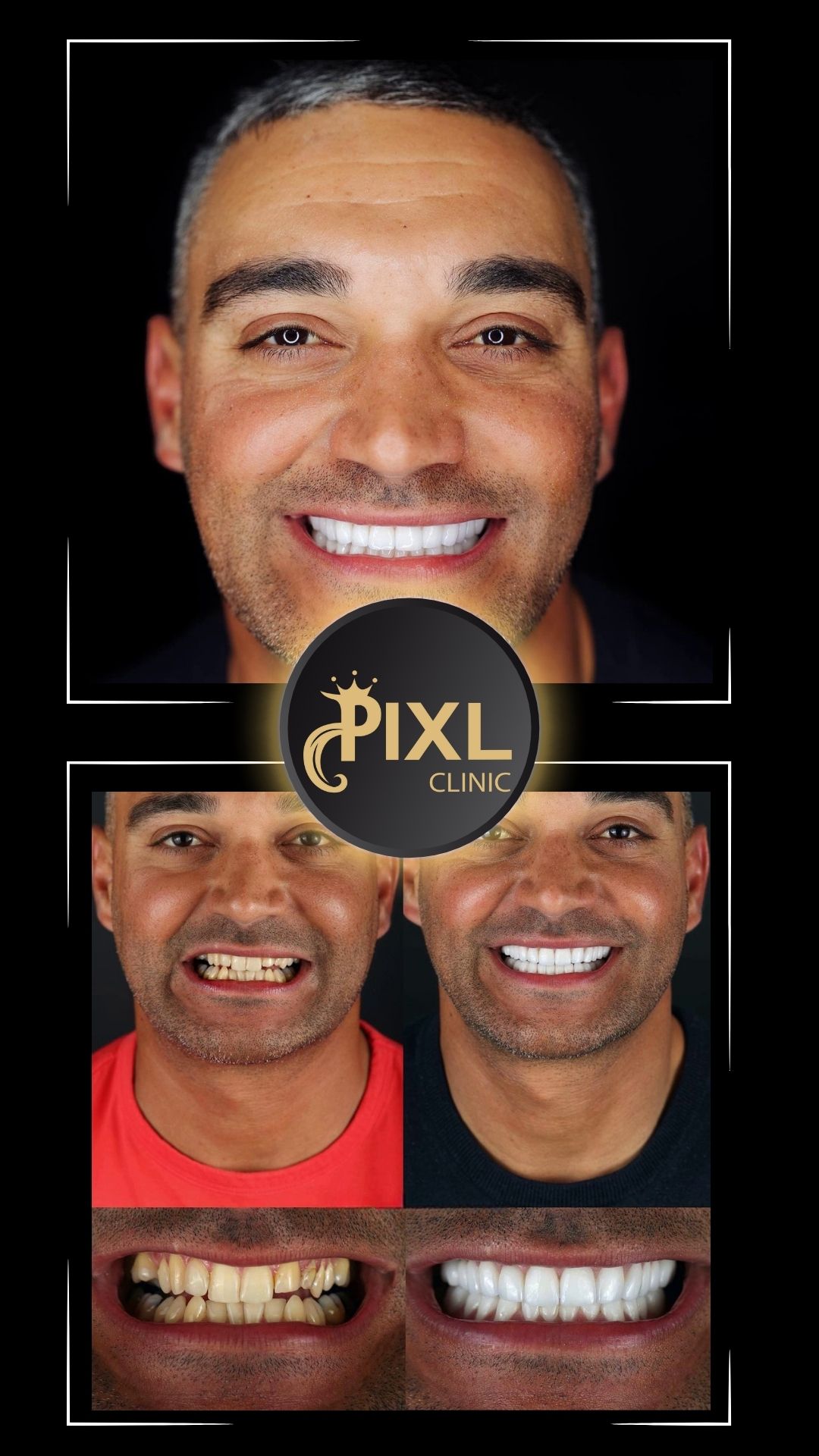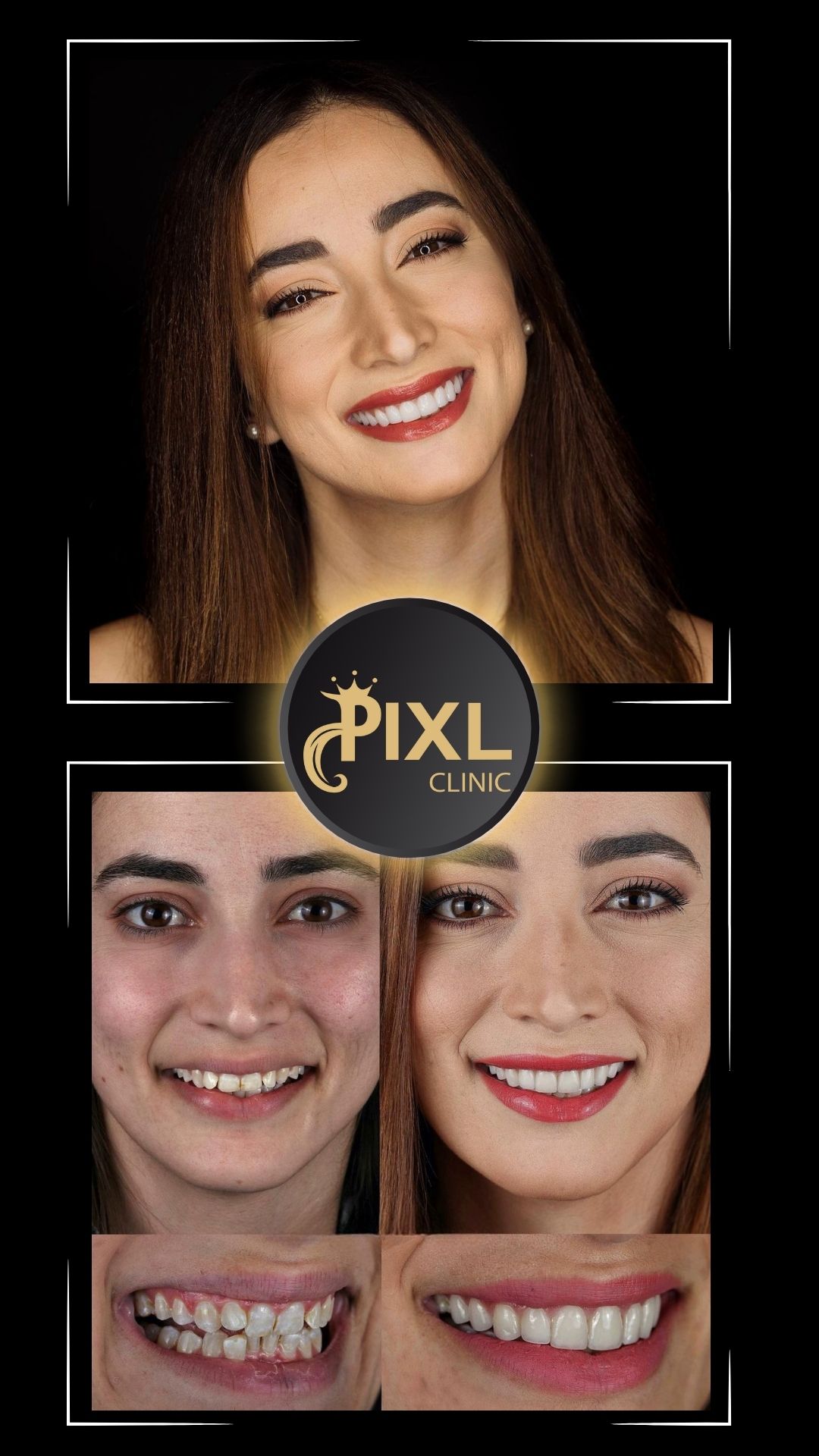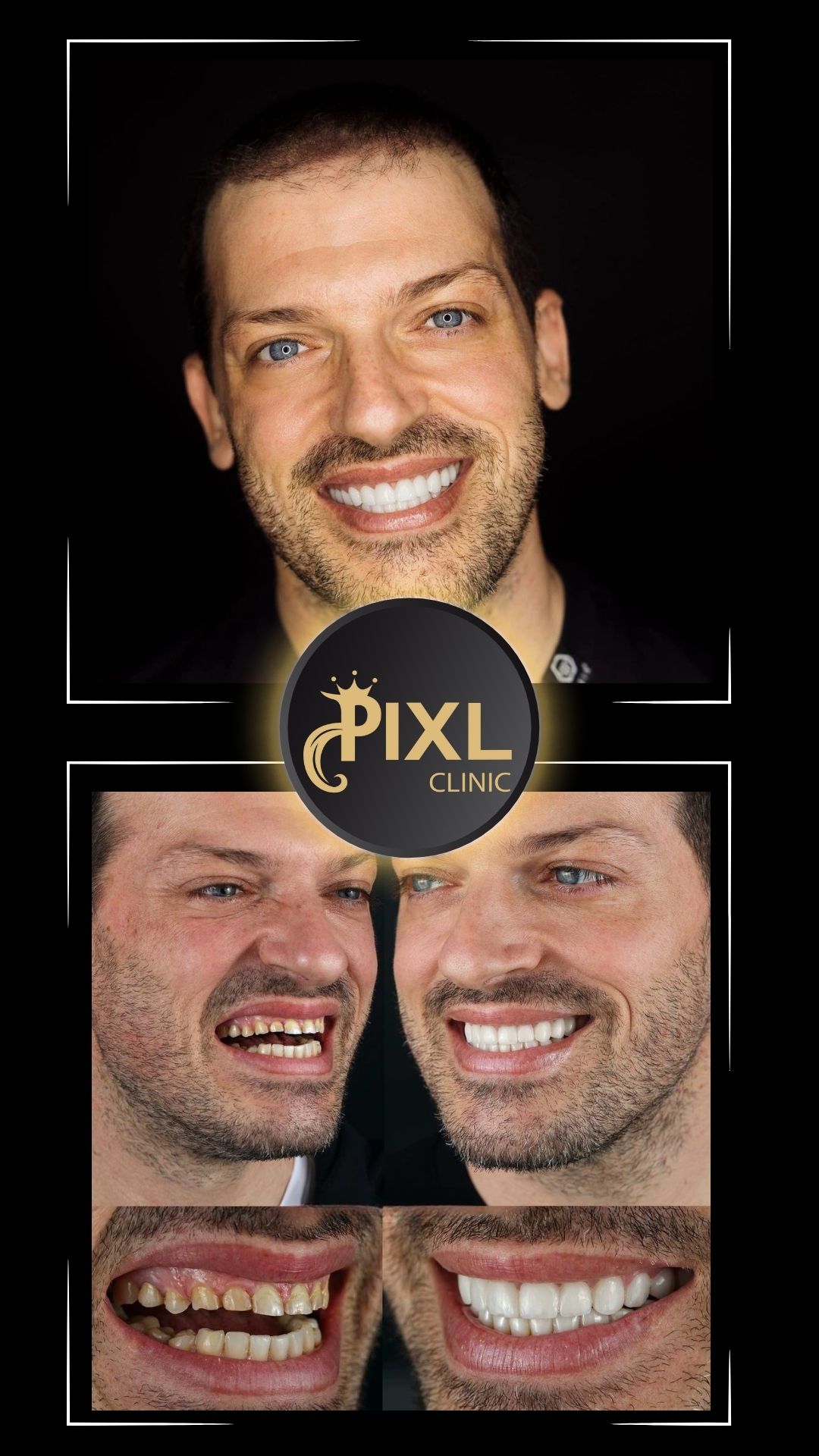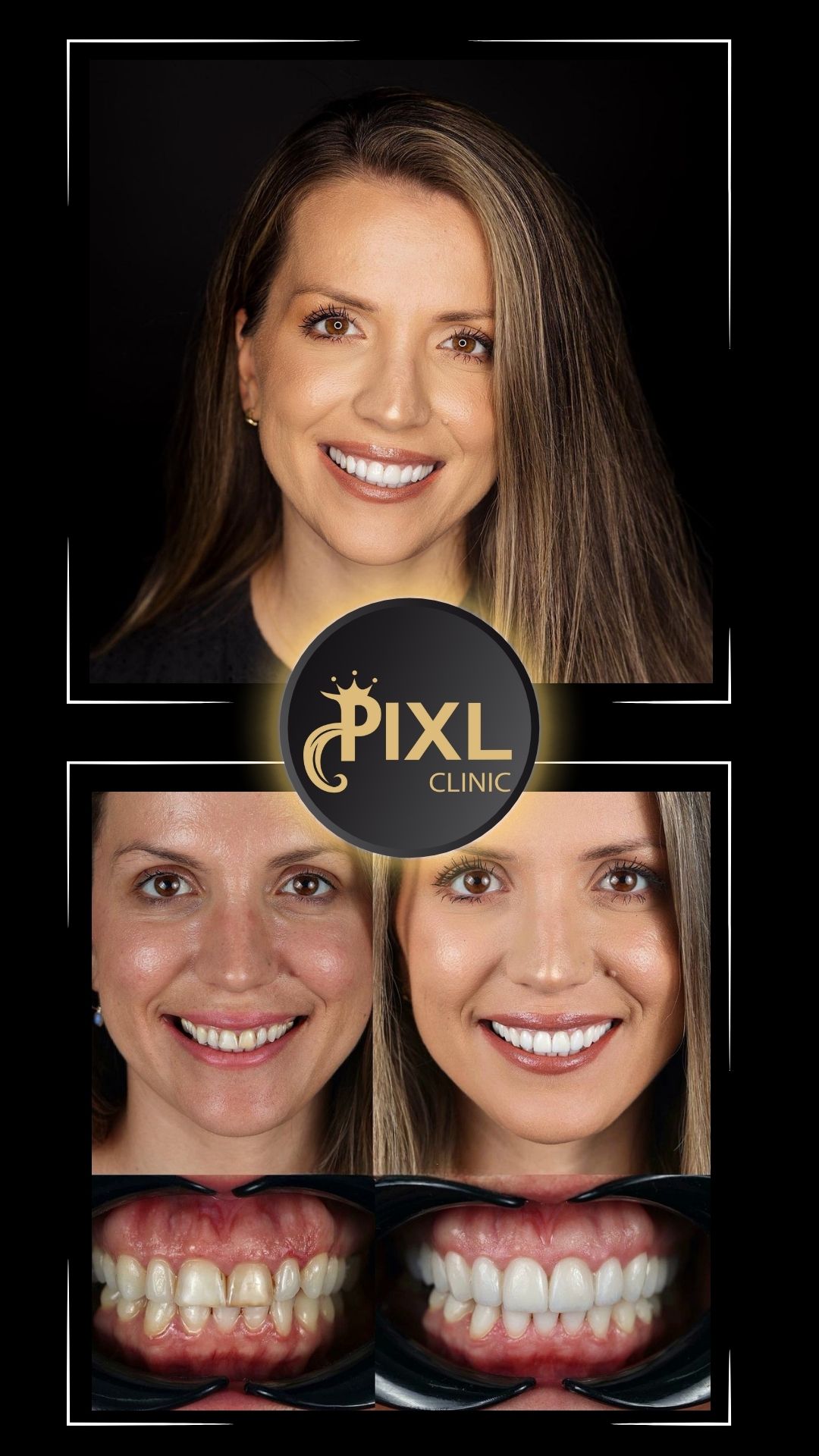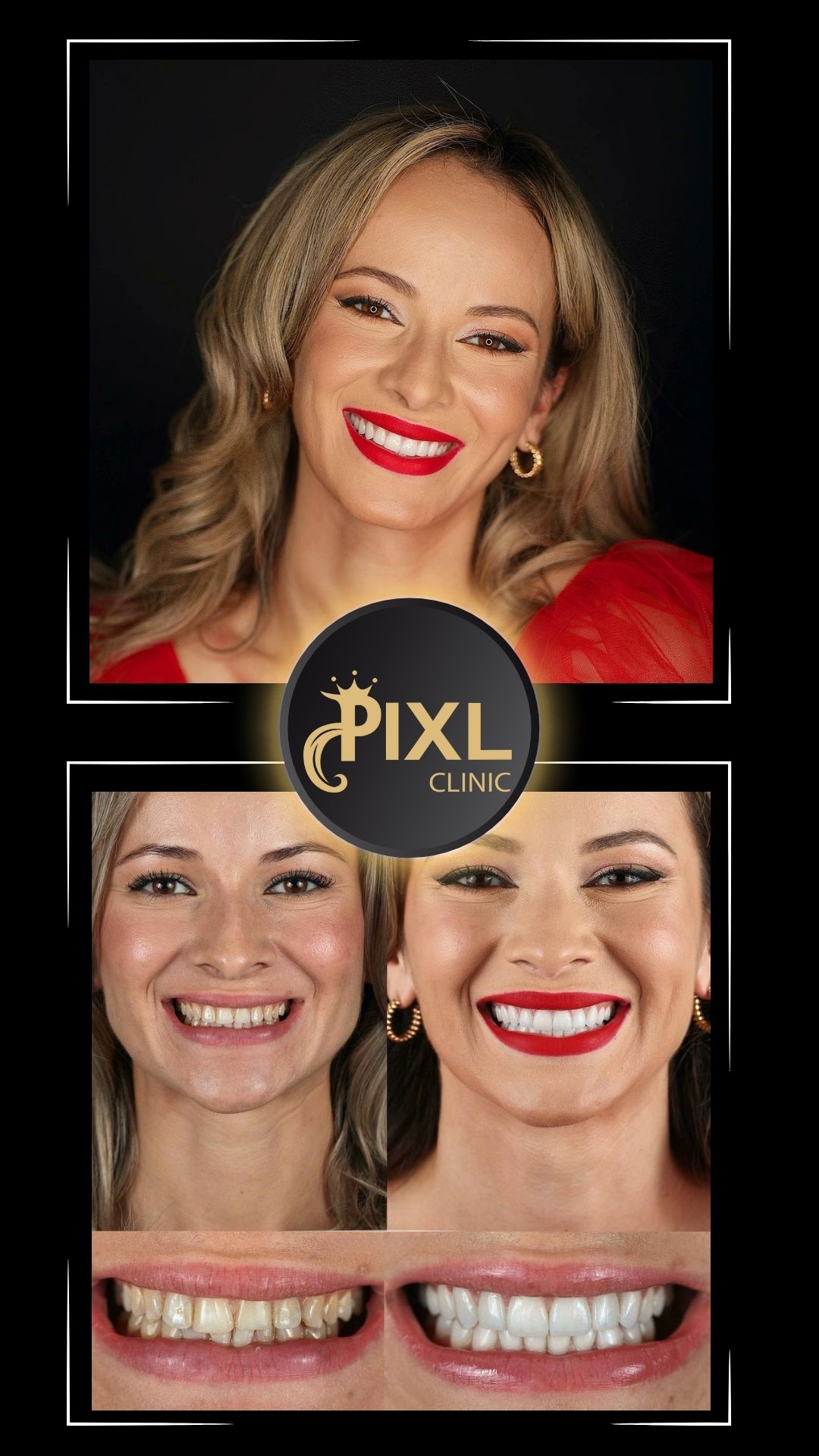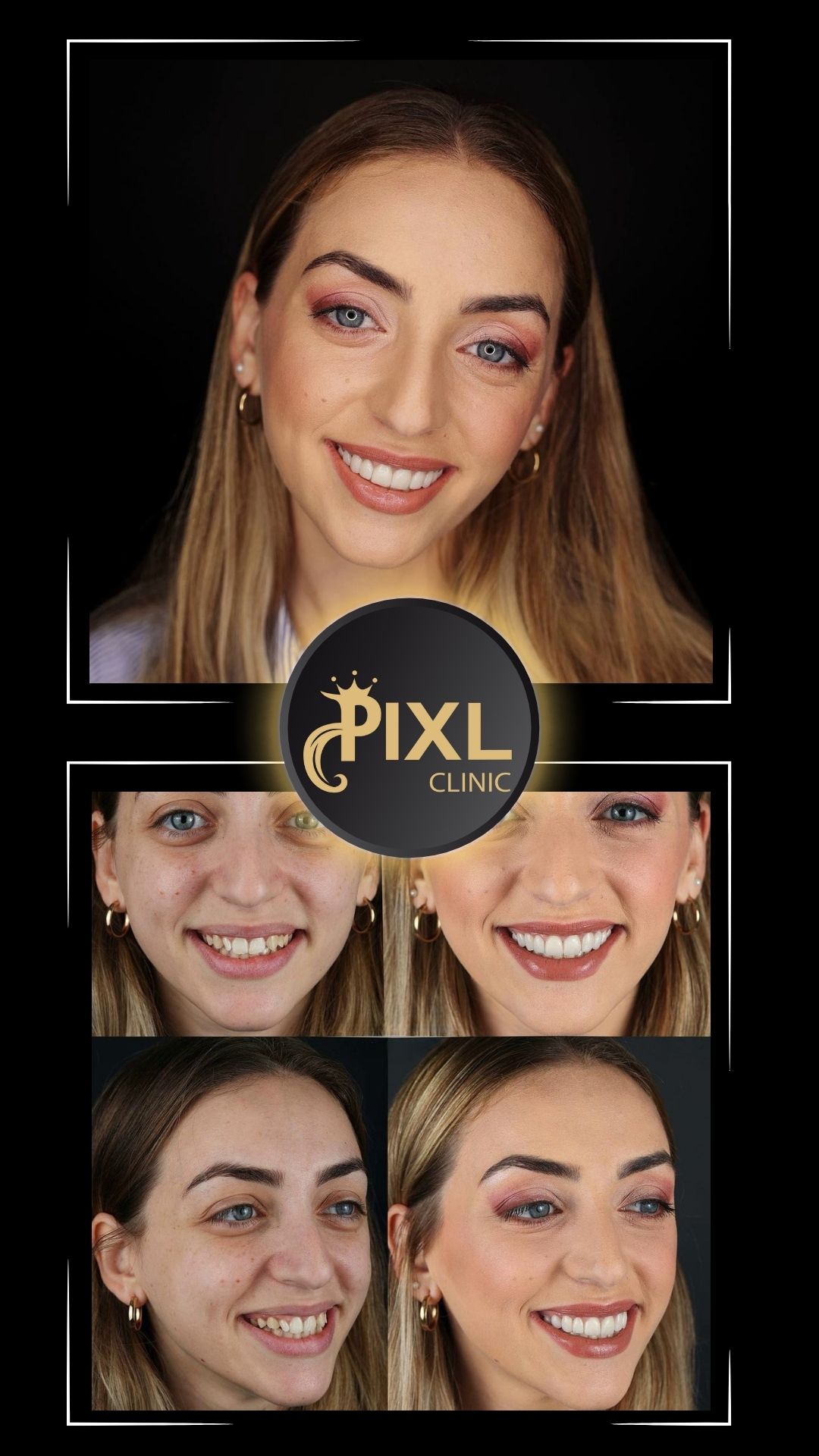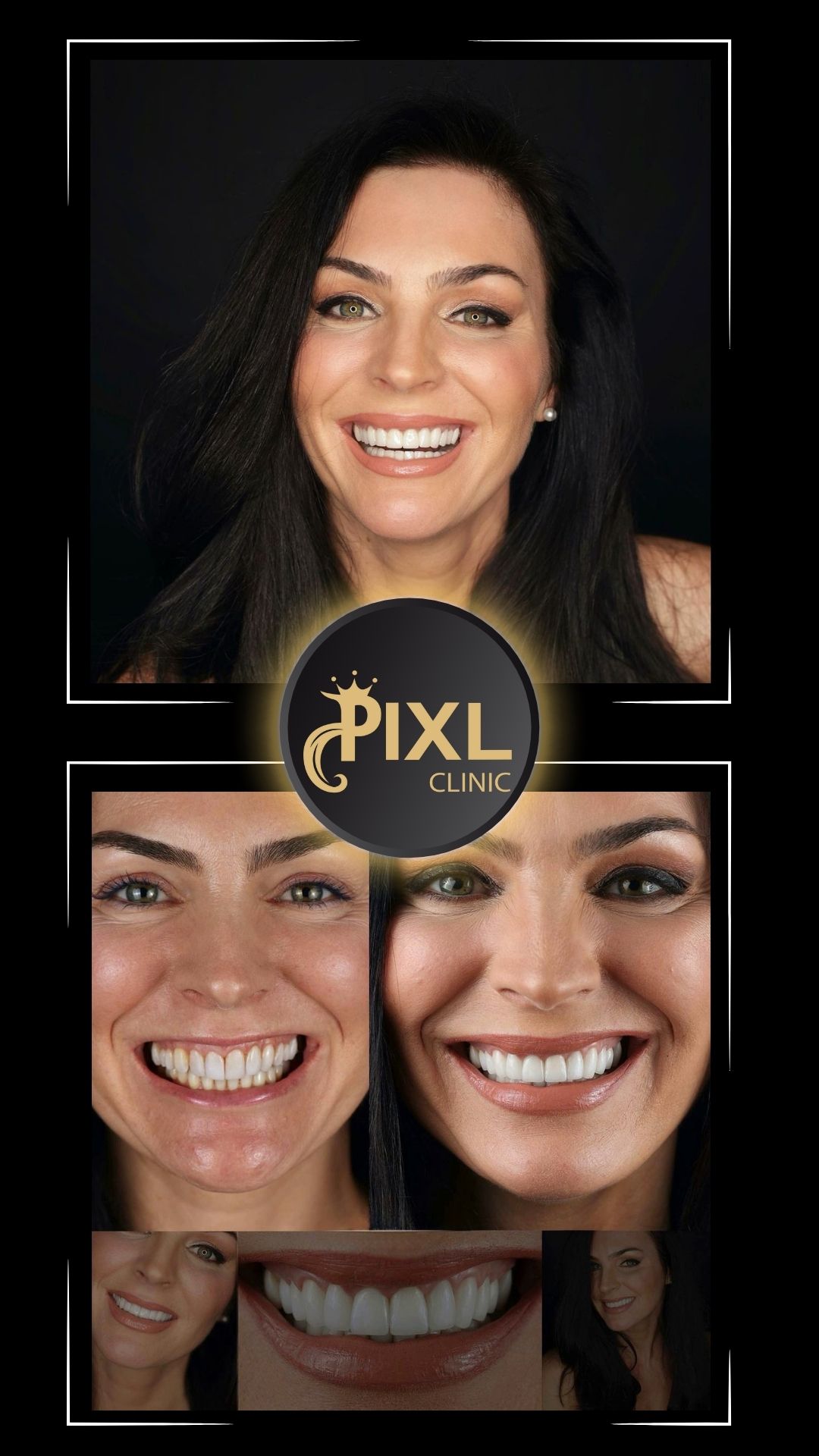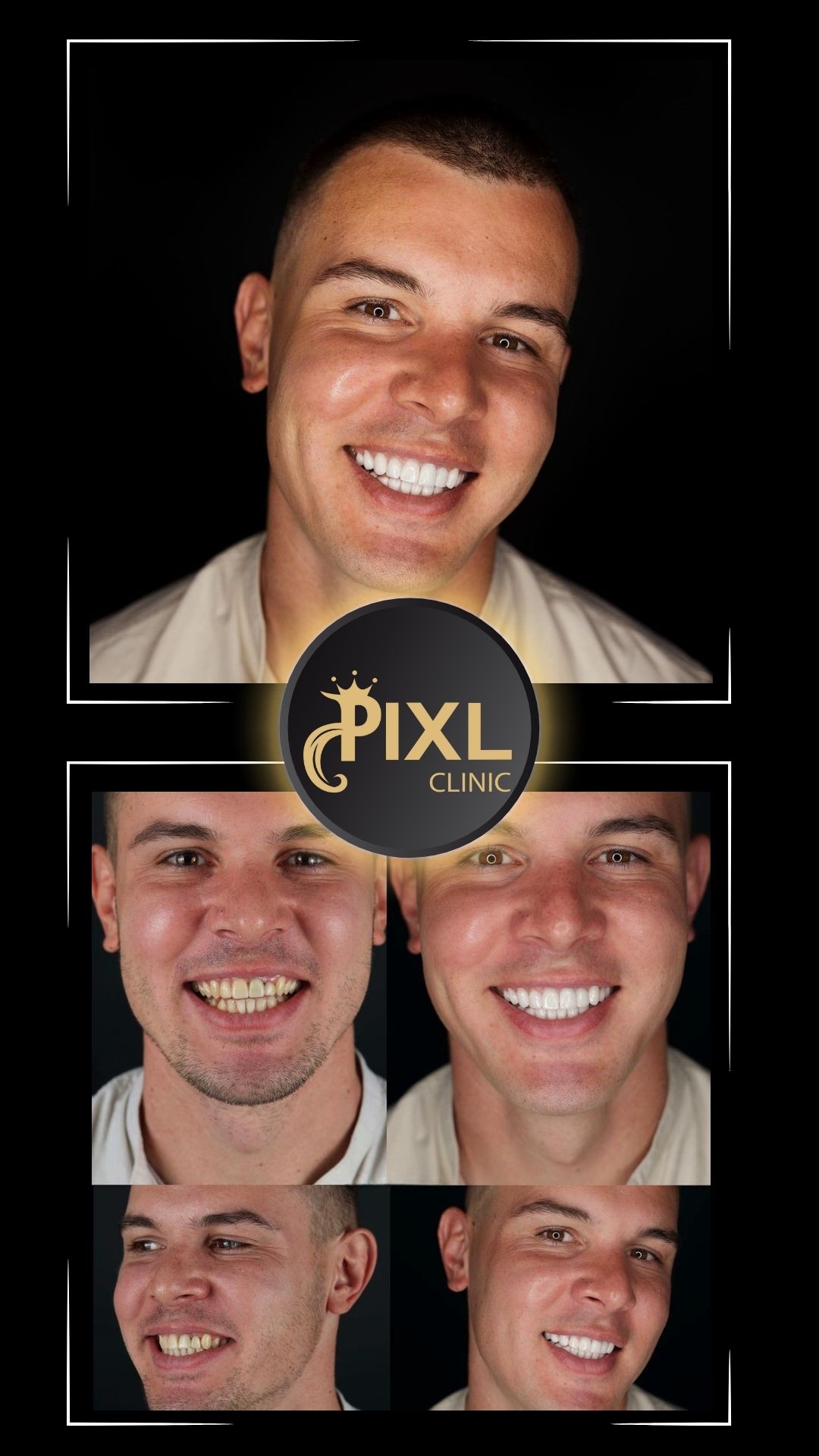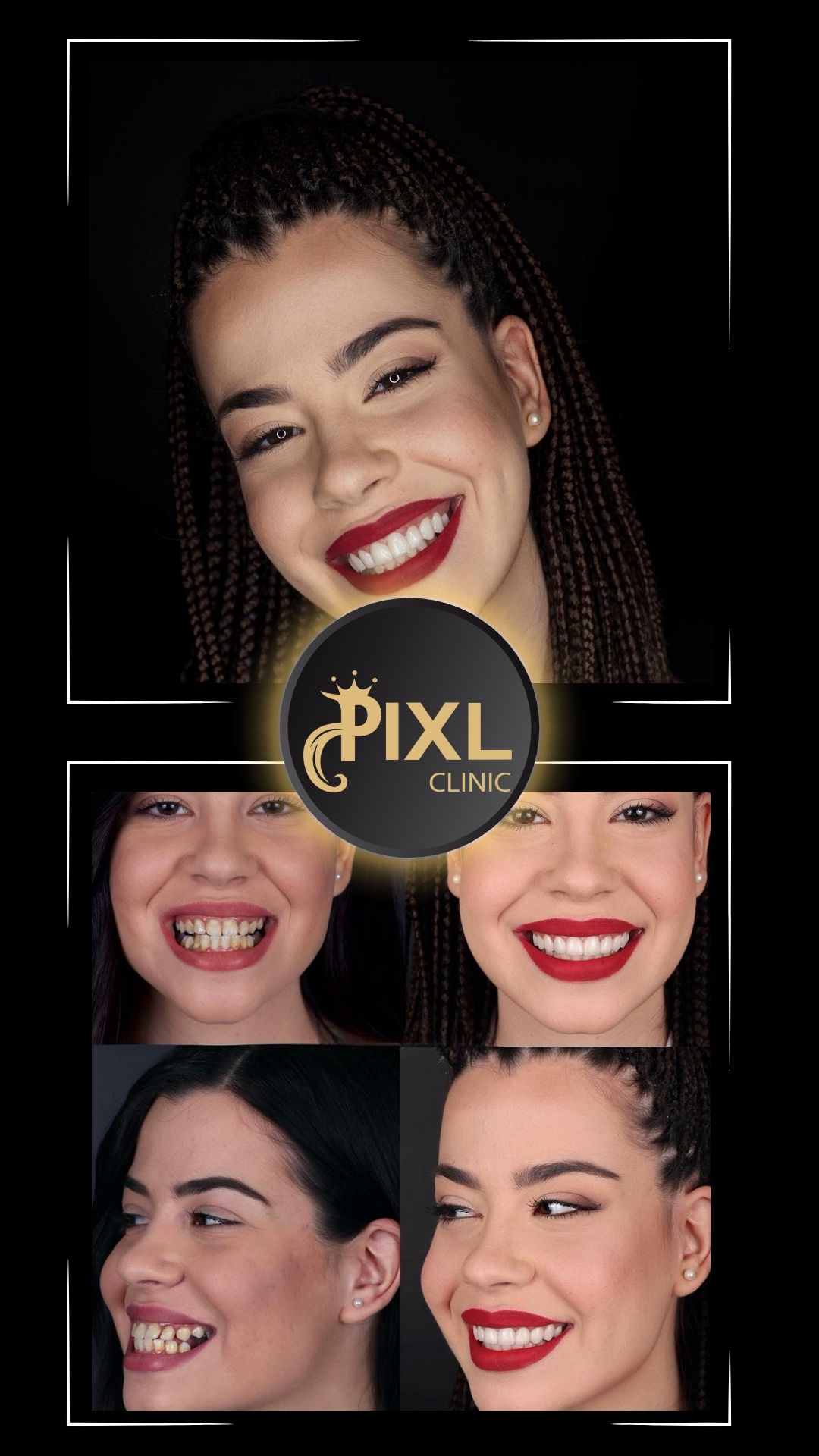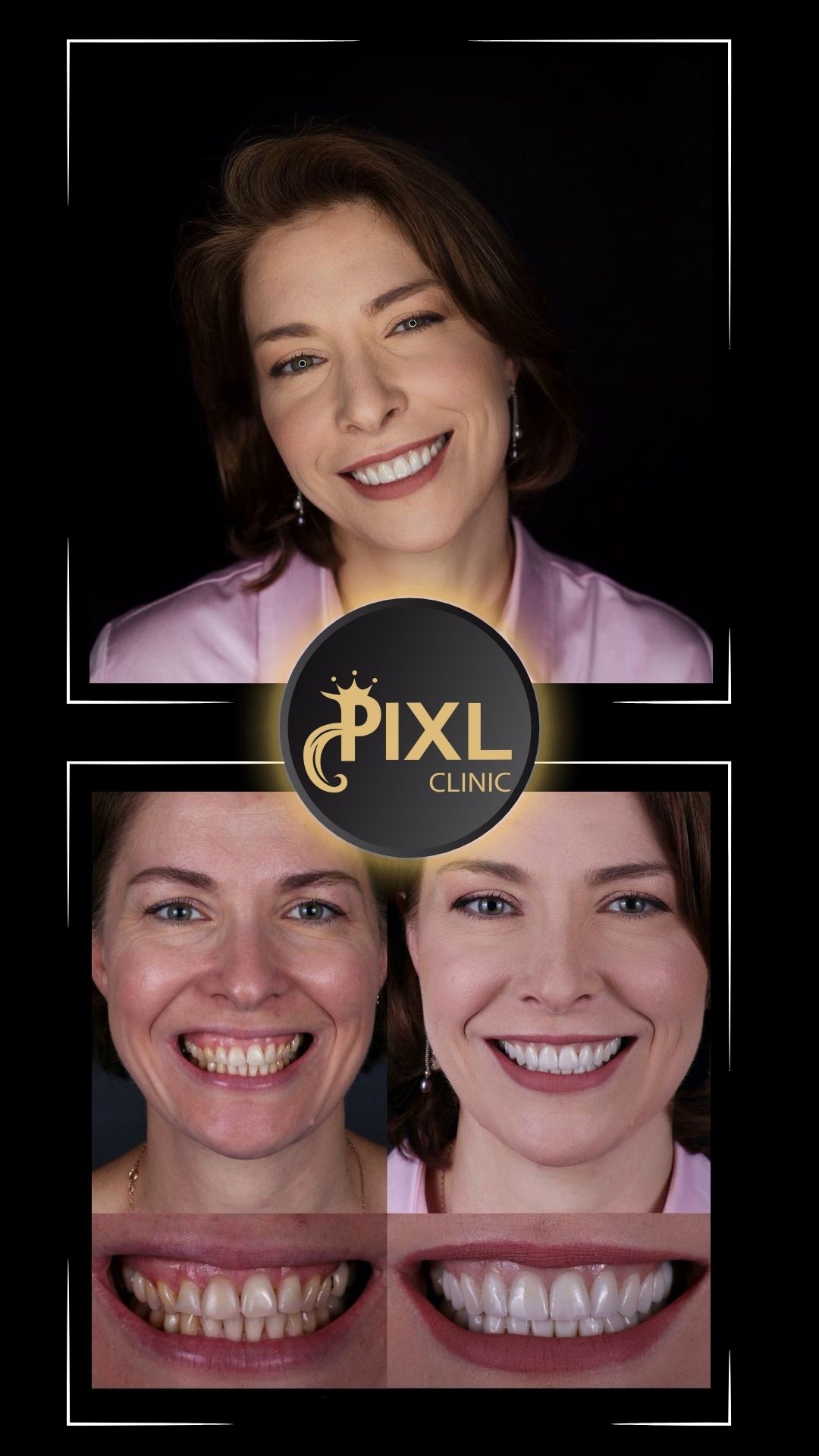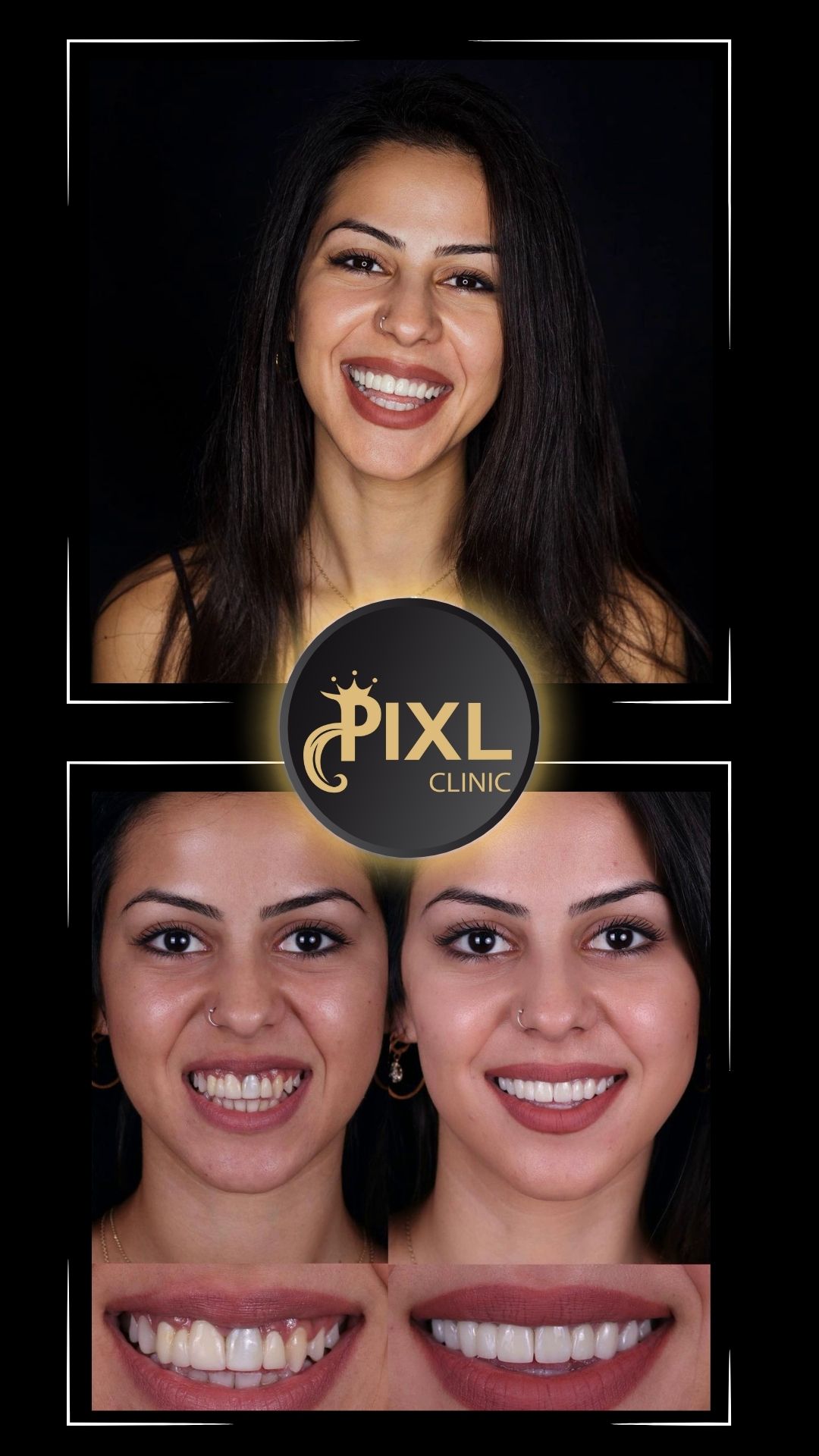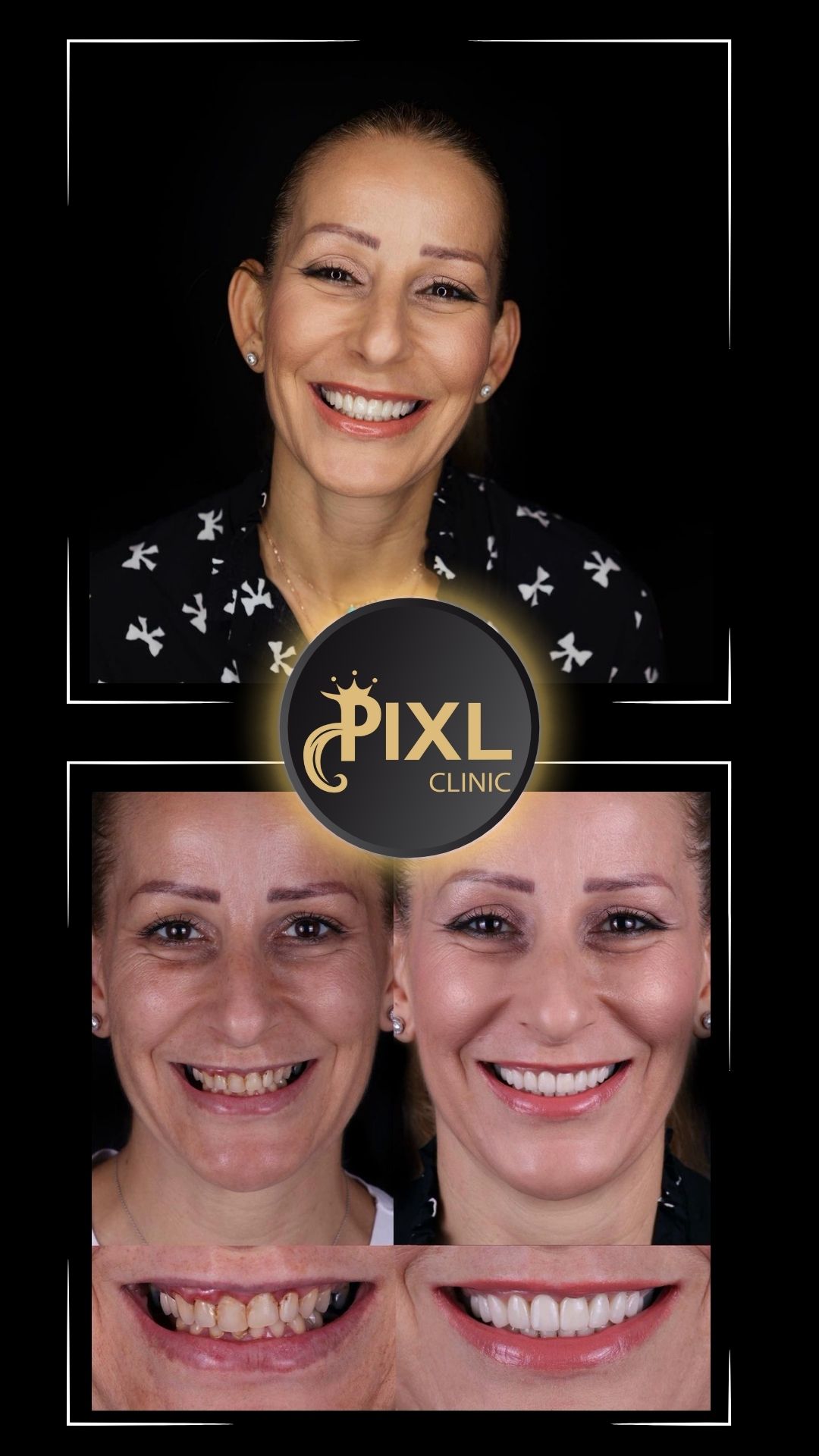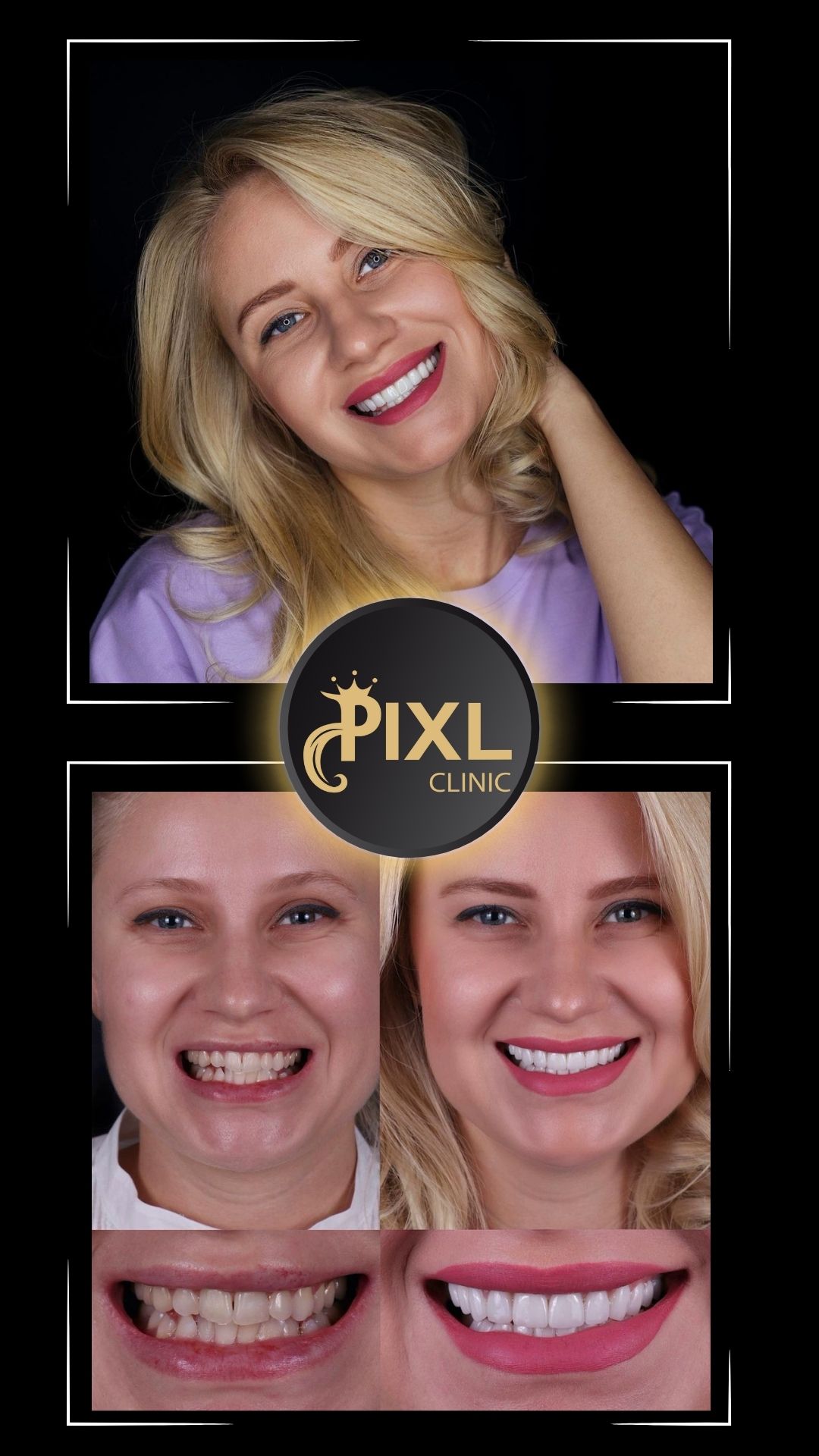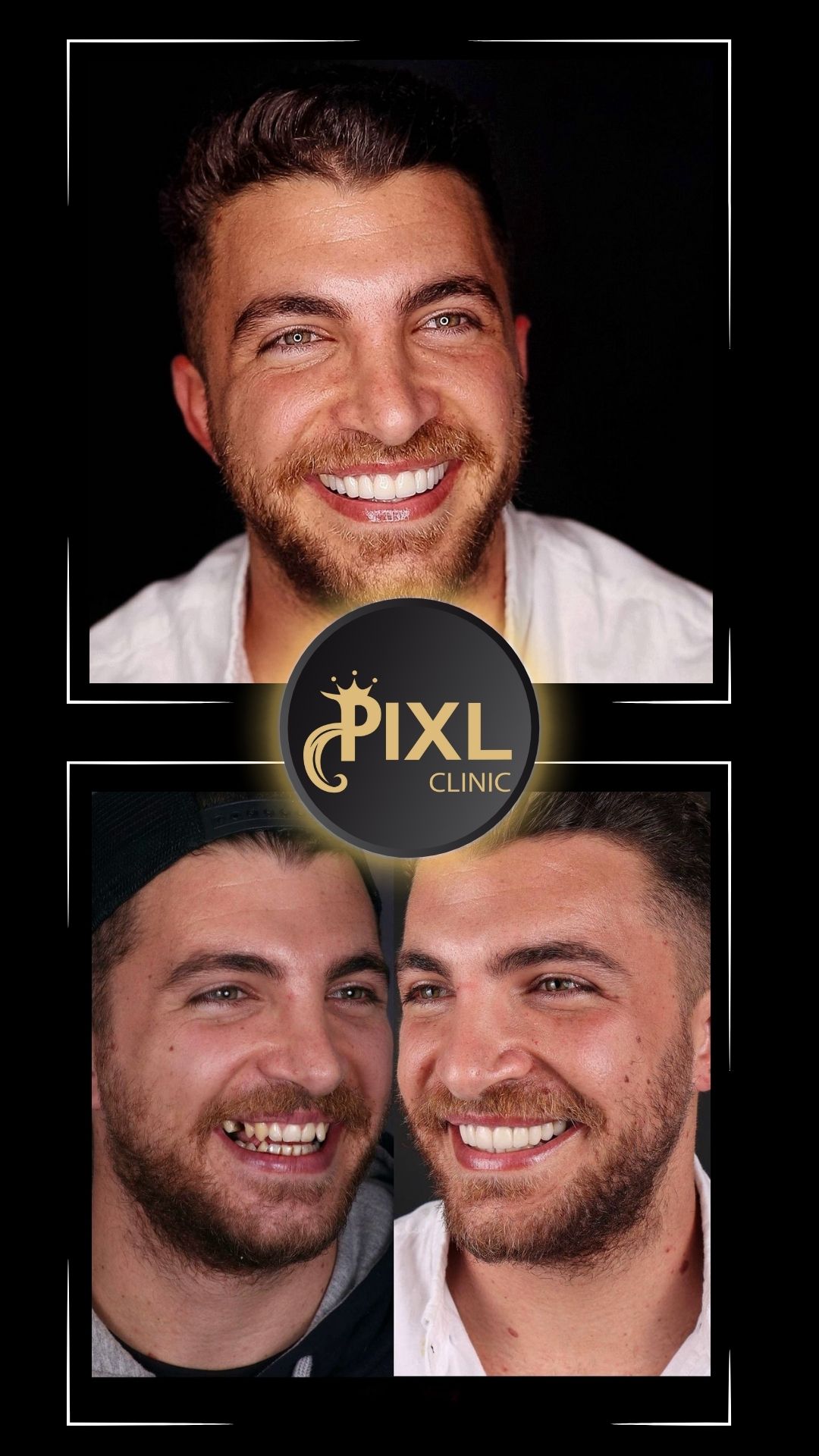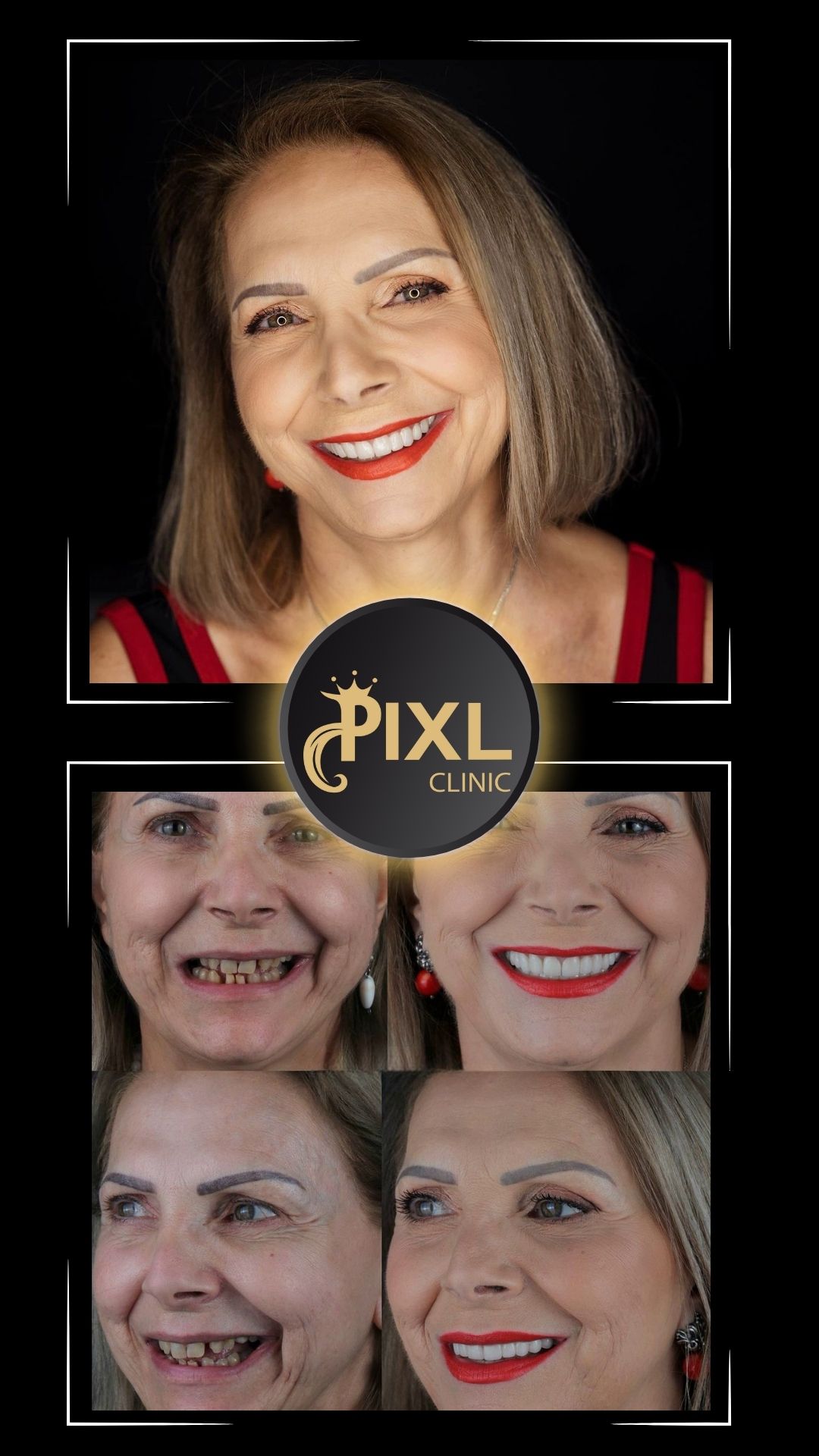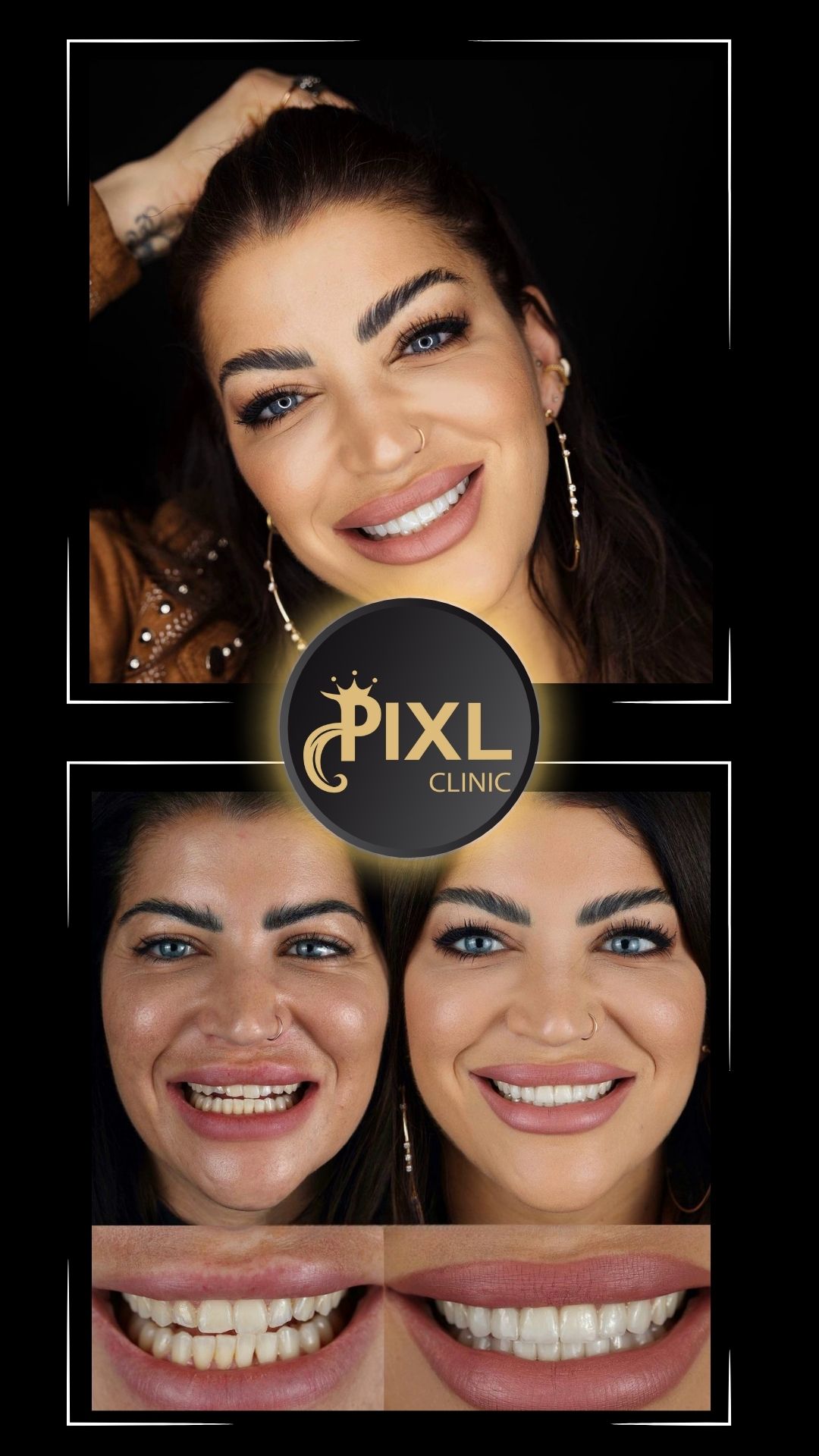What to Eat After Dental Implant Surgery: A Comprehensive Guide
Dental implant surgery is a transformative procedure that restores your smile and improves oral health. However, the recovery process requires careful attention, especially to your diet. Eating the right foods after surgery not only promotes healing but also minimizes discomfort and protects your implants during the initial recovery phase.
Why Your Diet Matters After Dental Implant Surgery
After dental implant surgery, your gums and jawbone need time to heal. The area around the implant will be sensitive, and eating the wrong foods can irritate the surgical site, slow healing, or even dislodge the implant. By following a diet rich in soft, nutritious foods, you can:
- Minimize pain and swelling.
- Protect the surgical site.
- Promote tissue and bone healing.
- Reduce the risk of infection.

What to Eat Right After Dental Implant Surgery
In the first 24–48 hours after surgery, focus on foods that are easy to chew and swallow. Avoid anything too hot, cold, or spicy, as these can irritate the surgical site.
Soft and Easy-to-Eat Foods
Broths and Soups
- Choose lukewarm, pureed soups like tomato or butternut squash. Avoid chunky soups that require chewing.
- Bone broth is especially beneficial due to its collagen content, which promotes tissue repair.
Mashed Vegetables
- Potatoes, sweet potatoes, and carrots can be steamed and mashed for a nutritious side dish.
- Add a little butter or olive oil for extra flavor and healthy fats.
Smoothies
- Blend fruits like bananas, berries, and mangoes with yogurt or milk for a nutrient-packed meal.
- Add protein powder or nut butter for an energy boost, but avoid using seeds that can get stuck in the surgical site.
Greek Yogurt
- High in protein and probiotics, Greek yogurt supports healing and gut health.
- Choose plain or lightly sweetened varieties to avoid excess sugar.
Oatmeal and Cream of Wheat
- These warm cereals are easy to eat and can be flavored with honey or mashed fruits.
Puddings and Custards
- These treats are soft and soothing, making them perfect for the early days of recovery.
Protein Shakes
- If chewing is uncomfortable, a protein shake can provide essential nutrients. Look for low-sugar options fortified with vitamins.
Foods to Incorporate During the First Week
As your mouth starts to heal, you can slowly expand your diet. Stick to soft foods but include a variety to ensure you get enough vitamins, minerals, and protein for optimal recovery.
Soft Scrambled Eggs
- Eggs are an excellent source of protein and easy to chew. Consider adding cheese or avocado for added flavor.
Fish
- Soft, flaky fish like salmon or cod is a great option. It’s rich in omega-3 fatty acids, which help reduce inflammation.
Avocado
- This creamy fruit is packed with healthy fats and nutrients. Eat it plain, mashed, or blended into a smoothie.
Soft Pasta or Rice
- Cook pasta or rice until very soft, and pair it with a mild sauce or broth.
Steamed Vegetables
- Ensure they are cooked until very tender to avoid chewing strain.
Cottage Cheese and Soft Cheeses
- These are high in protein and calcium, essential for bone healing.
Foods and Drinks to Avoid After Dental Implant Surgery
To prevent complications and ensure your implant heals properly, steer clear of these foods and drinks:
Hard or Crunchy Foods
- Chips, nuts, popcorn, and raw vegetables can irritate the surgical site or damage the implant.
Sticky Foods
- Caramel, gummy candies, and certain breads can stick to your teeth and the implant area.
Hot Beverages or Foods
- Hot coffee, tea, or soups can increase swelling and irritate the site.
Spicy Foods
- Spices can cause discomfort and irritation during the healing process.
Acidic Foods
- Citrus fruits, tomatoes, and vinegar-based products can irritate your mouth.
Alcohol
- Avoid alcohol for at least 72 hours, as it can interfere with healing and interact negatively with medications.
Carbonated Beverages
- Soda and sparkling water can cause discomfort and delay healing.
Practical Tips for Post-Surgery Eating
Eat Small, Frequent Meals
- Eating smaller portions more frequently can help you stay nourished without overloading your healing jaw.
Stay Hydrated
- Drink plenty of water to stay hydrated, but avoid using straws, as the suction can disrupt the healing process.
Maintain Oral Hygiene
- Rinse your mouth gently with saltwater after meals to keep the surgical site clean.
Gradually Reintroduce Foods
- As your recovery progresses, slowly add more solid foods to your diet based on your dentist’s recommendations.
When to Call Your Dentist
If you experience severe pain, swelling, bleeding, or any unusual symptoms after eating, contact your dentist immediately. These could be signs of complications that need prompt attention.
Your diet plays a crucial role in the success of your dental implant surgery. By following these dietary guidelines and prioritizing soft, nutritious foods, you’ll support your body’s natural healing process and ensure the longevity of your new implants. Always consult your dentist for personalized advice, and take recovery one bite at a time.
Smile brighter with confidence, and enjoy your new journey to better oral health!
FAQ: What to Eat After Dental Implant Surgery
How long should I stay on a soft diet after dental implant surgery?
Most people are advised to stay on a soft diet for at least 7-14 days. The duration may vary depending on your healing progress and your dentist’s recommendations. Follow their instructions carefully.
Can I drink coffee after dental implant surgery?
It’s best to avoid coffee for the first 48 hours after surgery as it can increase swelling and irritate the surgical site. Afterward, you can slowly reintroduce it, but ensure it is lukewarm, not hot.
Is it okay to use a straw after surgery?
No, avoid using straws for at least a week after surgery. The suction motion can dislodge the blood clot at the implant site, leading to a painful condition called dry socket.
What liquids can I drink after surgery?
You can drink water, lukewarm herbal teas, broth, and non-acidic juices like apple juice. Avoid alcohol, carbonated drinks, and anything hot for the first few days.
Can I eat spicy foods after dental implant surgery?
Spicy foods should be avoided for at least 1-2 weeks as they can irritate the surgical site and slow healing.
Are there any specific fruits I should avoid?
Yes, avoid acidic fruits like oranges, grapefruits, and lemons as they can irritate the surgical area. Stick to non-acidic fruits like bananas, peaches, and applesauce.
When can I start eating meat?
You can start eating soft, easy-to-chew meats such as shredded chicken, ground beef, or soft fish after the first 3-7 days, depending on your comfort level. Avoid tough or chewy meats like steak until your dentist advises otherwise.
Can I eat bread after surgery?
Soft bread is acceptable after the first few days, but avoid crusty, hard, or toasted bread as they can irritate the surgical site.
Is chewing gum allowed after dental implant surgery?
No, chewing gum should be avoided as it can stick to the surgical site and create unnecessary pressure on the implant.
What should I do if food gets stuck near the implant?
Gently rinse your mouth with a dentist-approved rinse or a saltwater solution. Avoid poking the area with your tongue or any object. If the problem persists, consult your dentist.
Can I eat ice cream after surgery?
Yes, ice cream (without hard chunks or nuts) is a great option as it is soft and cold, which can help reduce swelling. Avoid overly sugary or acidic flavors.
When can I resume my normal diet?
Most people can return to their normal diet after about 4-6 weeks, but you should avoid hard, crunchy, or sticky foods until your dentist gives you the all-clear.
Can I eat hot foods after surgery?
Avoid hot foods and beverages for the first 48 hours as they can increase swelling and delay healing. Lukewarm or cold foods are better options during this time.
Are supplements or vitamins necessary?
While not mandatory, taking supplements like Vitamin C, calcium, and omega-3 fatty acids can support healing. Always consult your dentist or healthcare provider before starting any supplements.
What happens if I accidentally eat something crunchy or hard?
If you accidentally eat something that may have irritated the surgical site, monitor for any increased pain, swelling, or bleeding. Contact your dentist if you notice any unusual symptoms.

